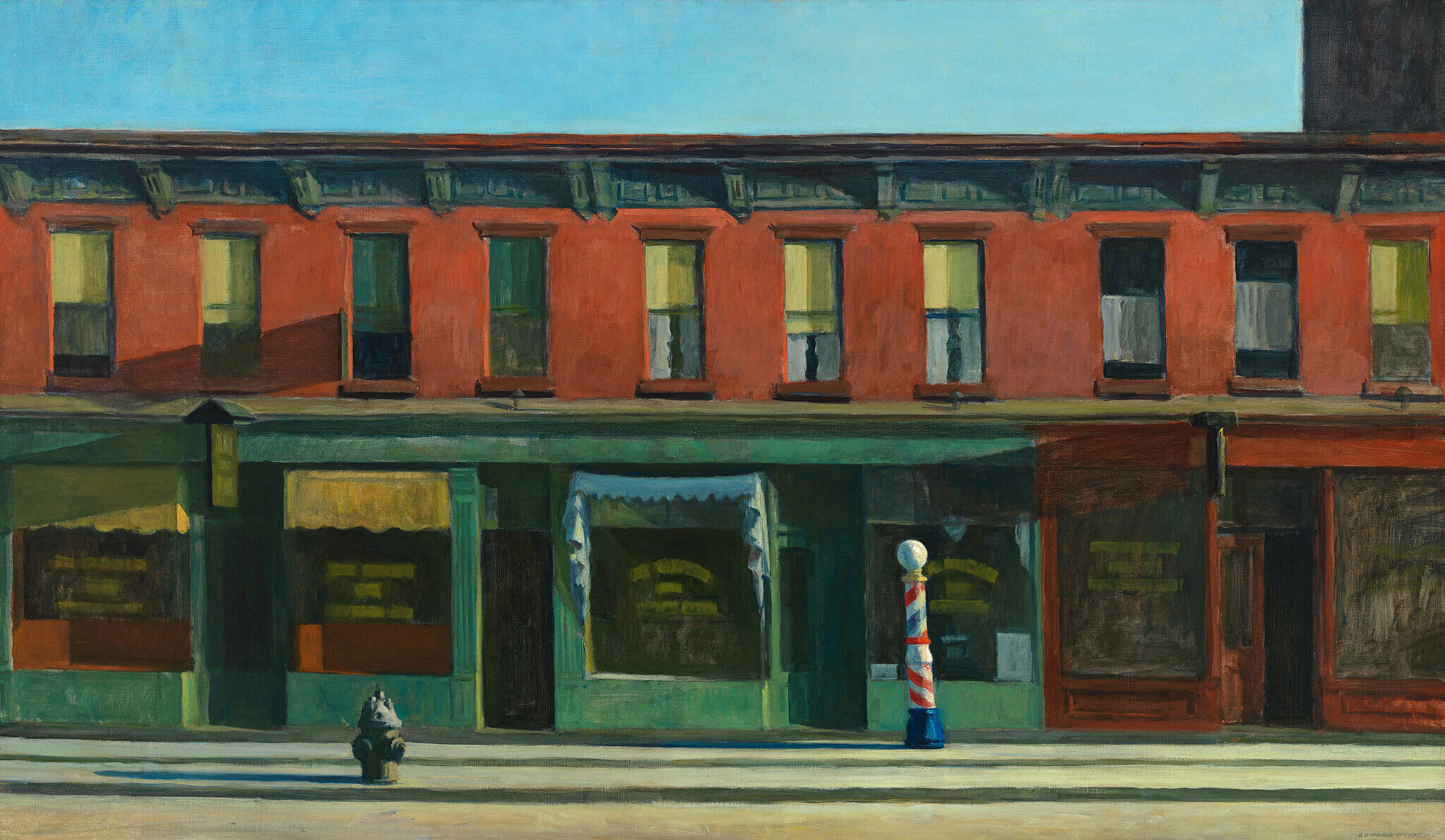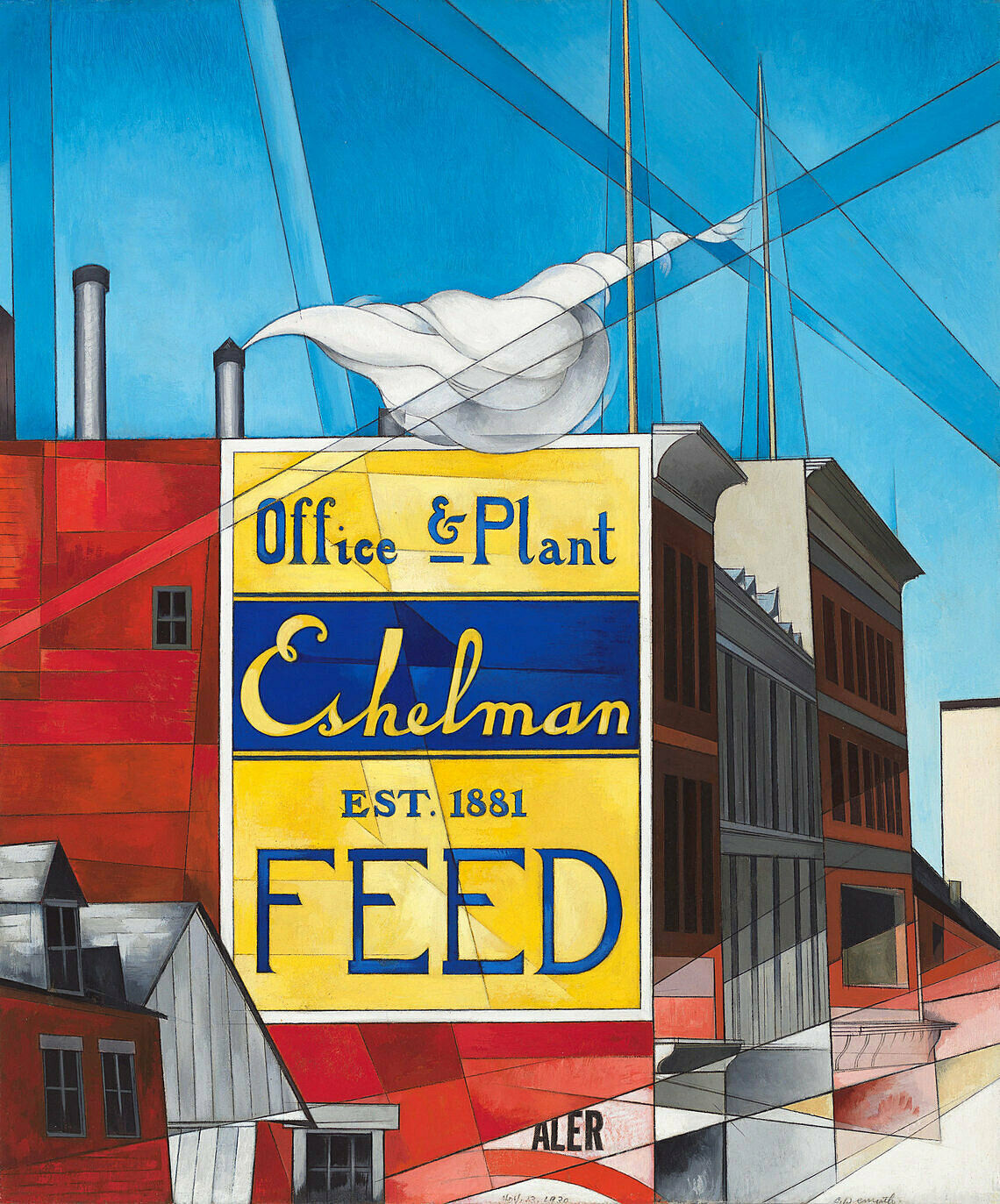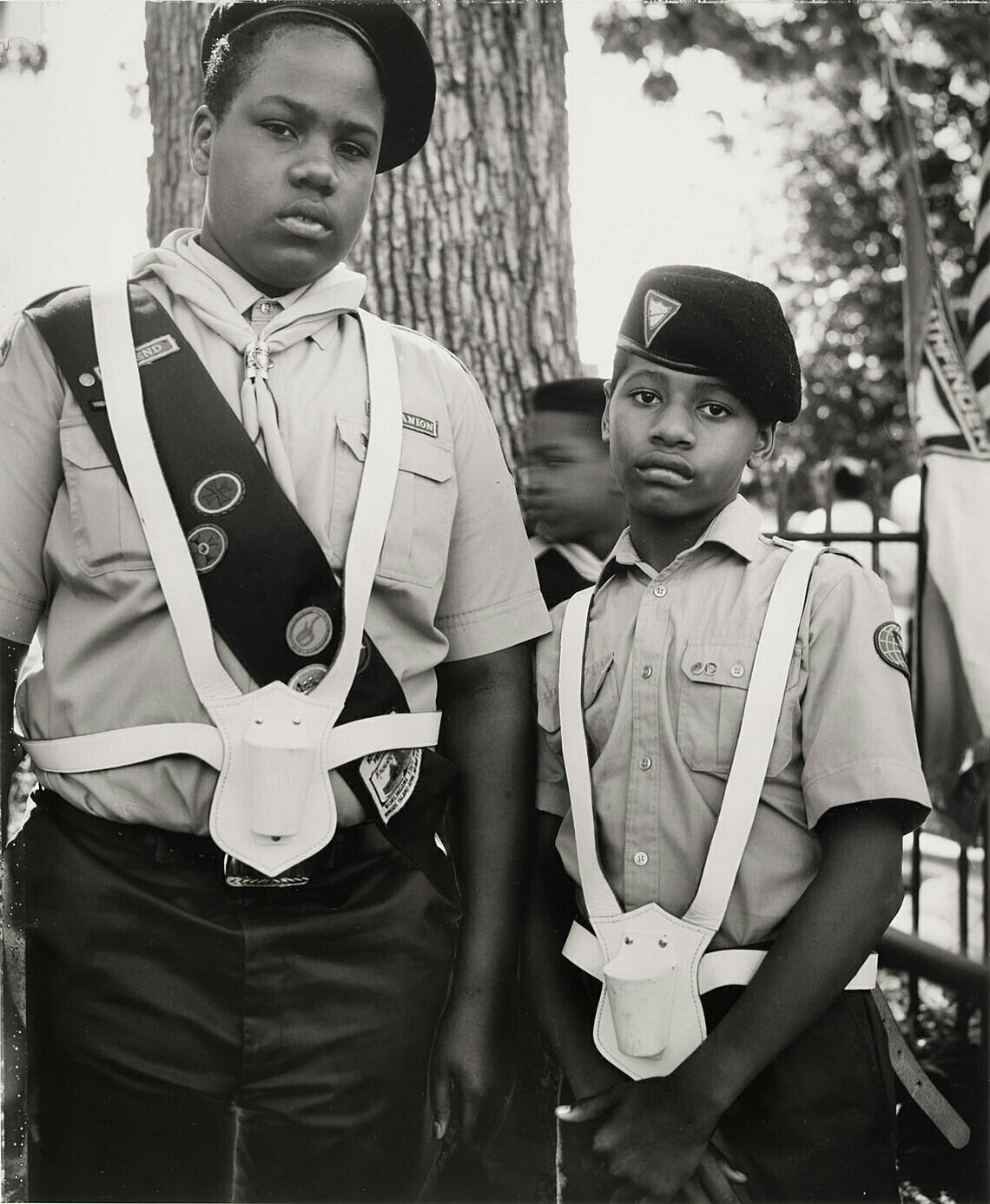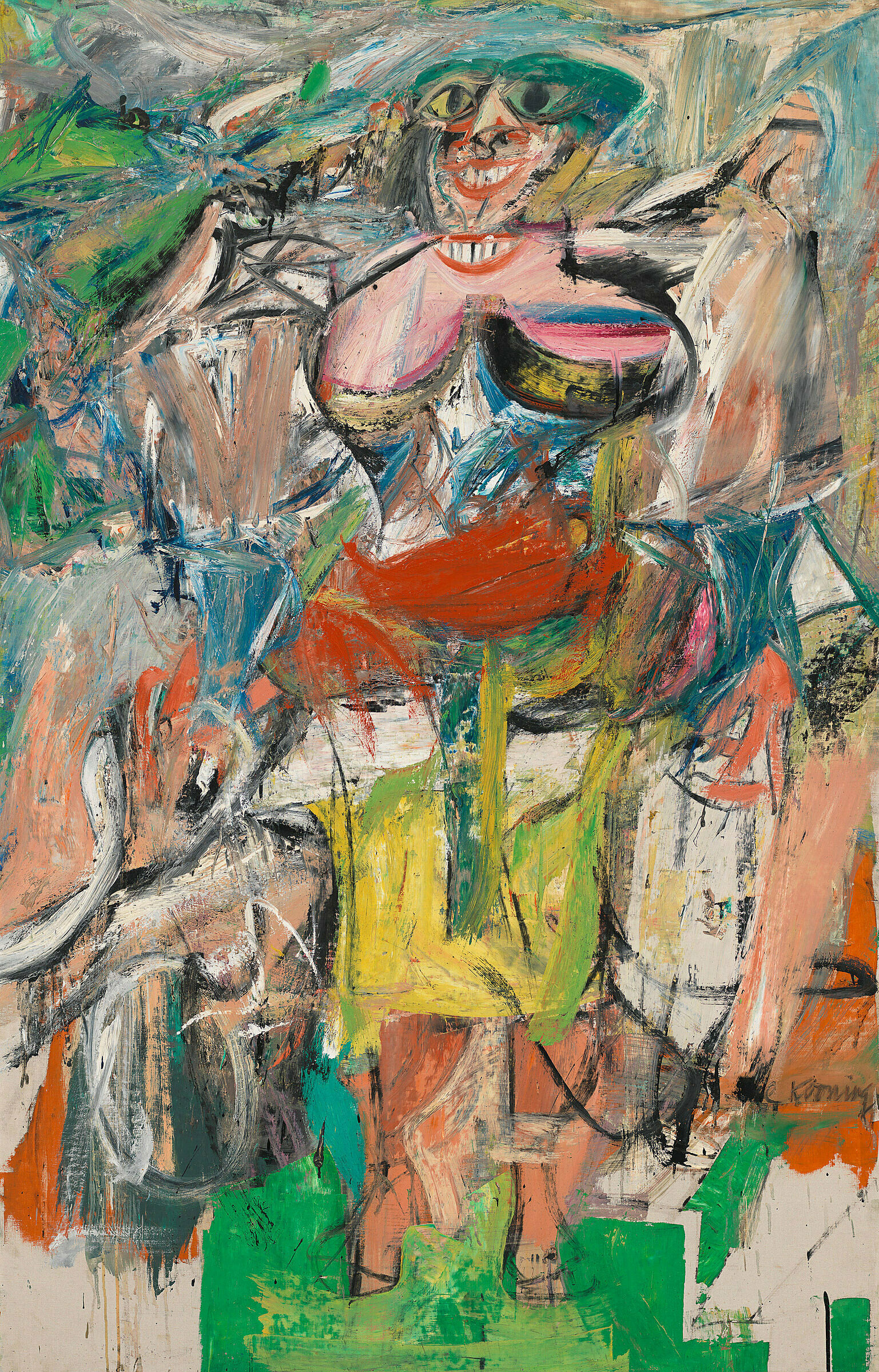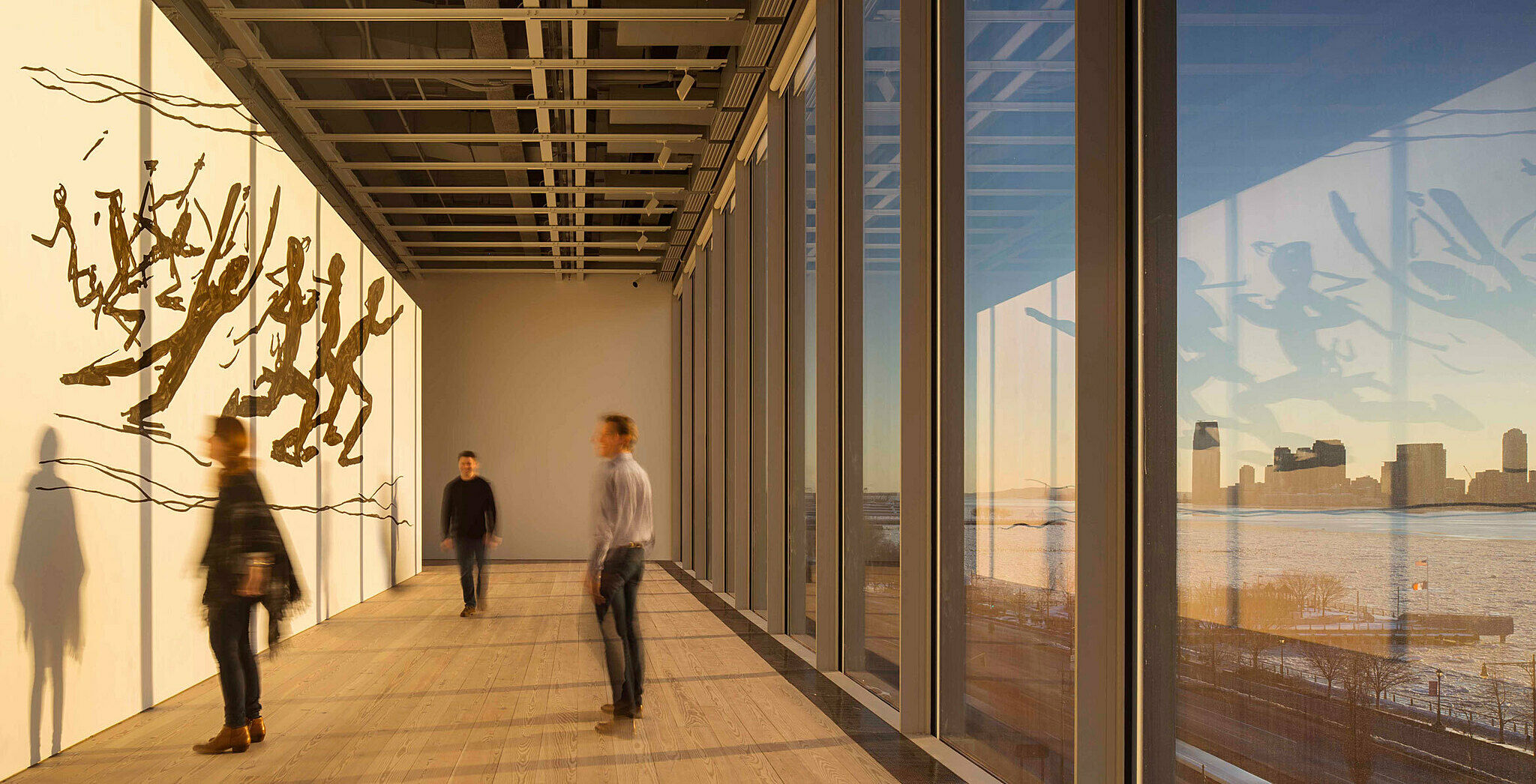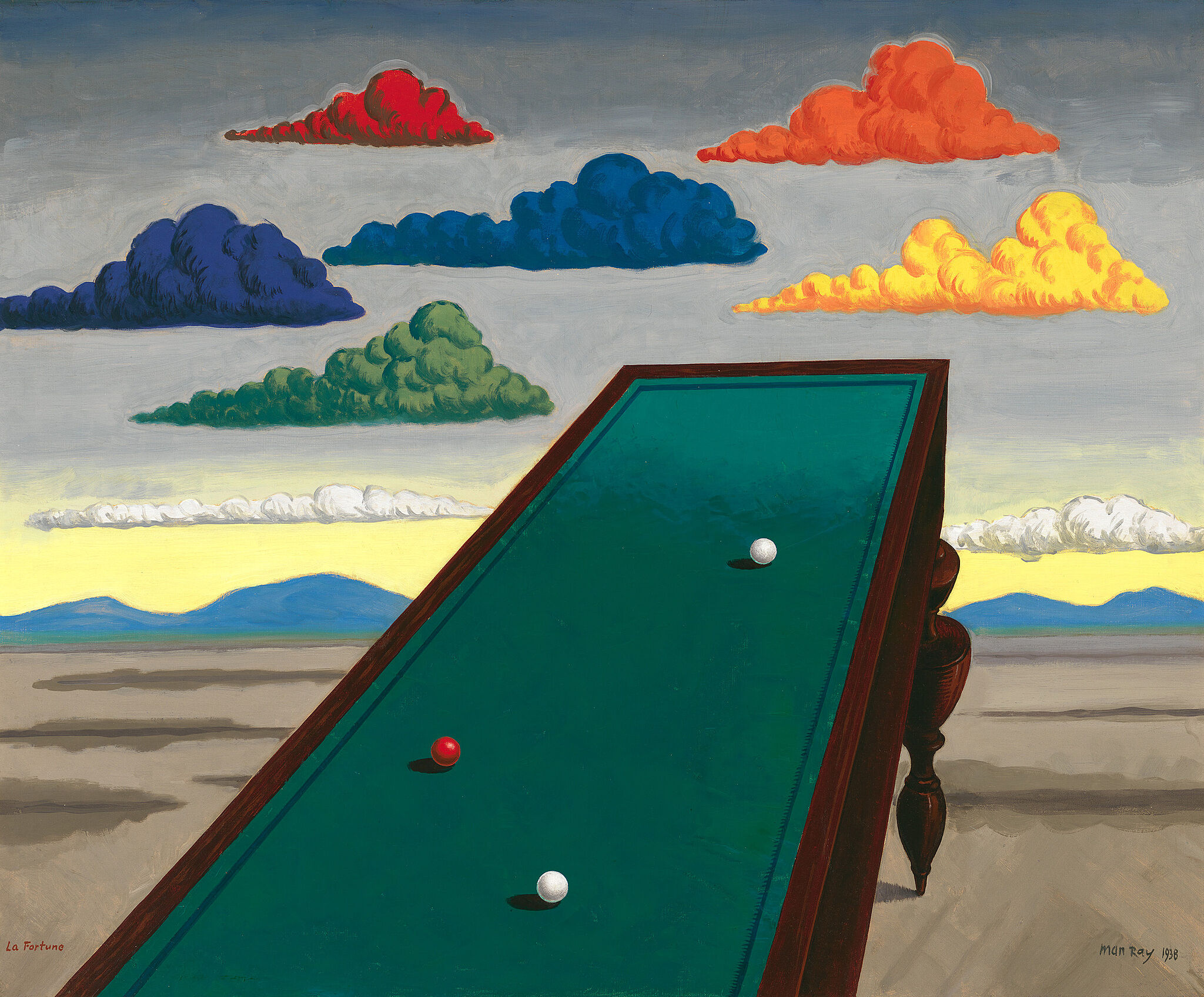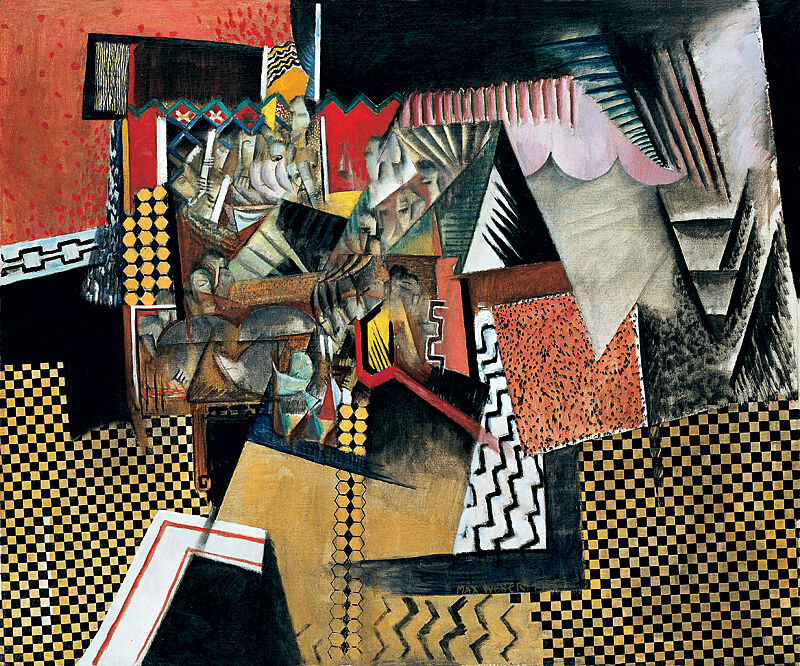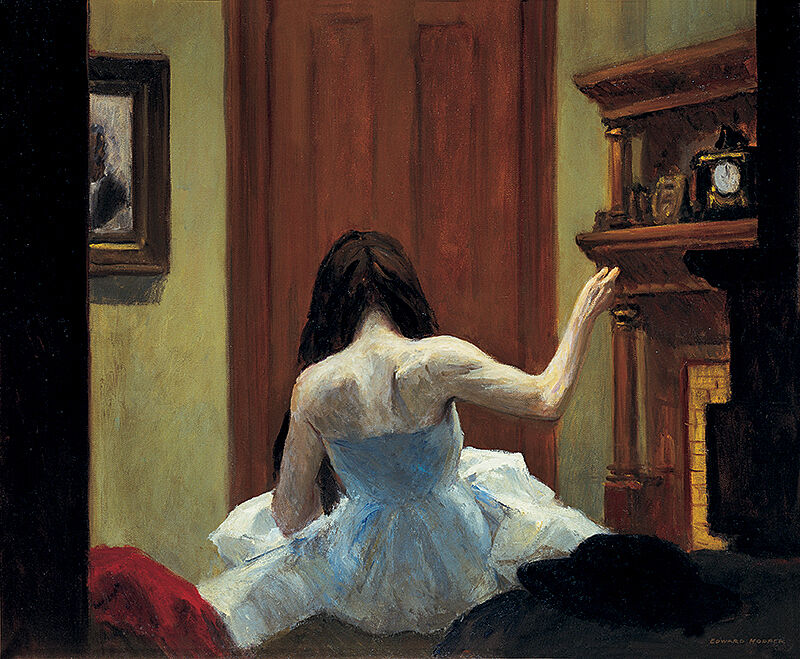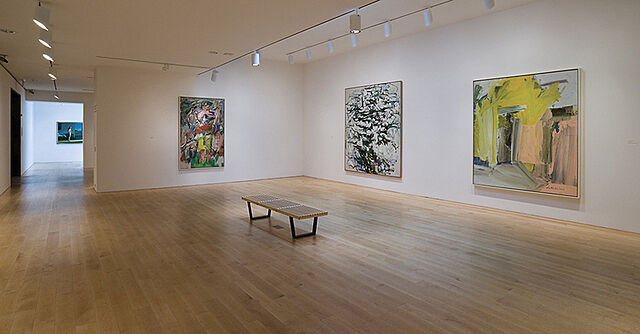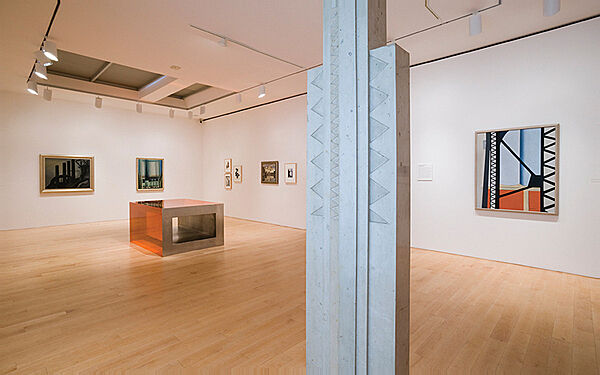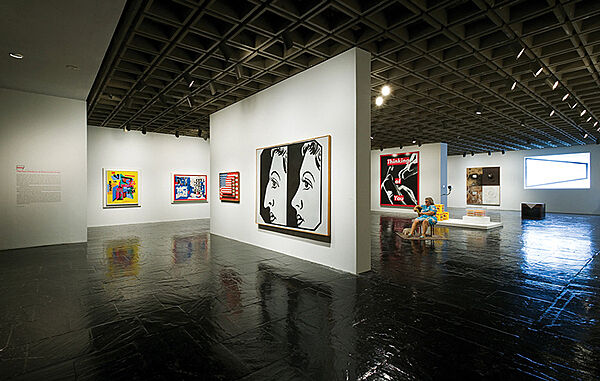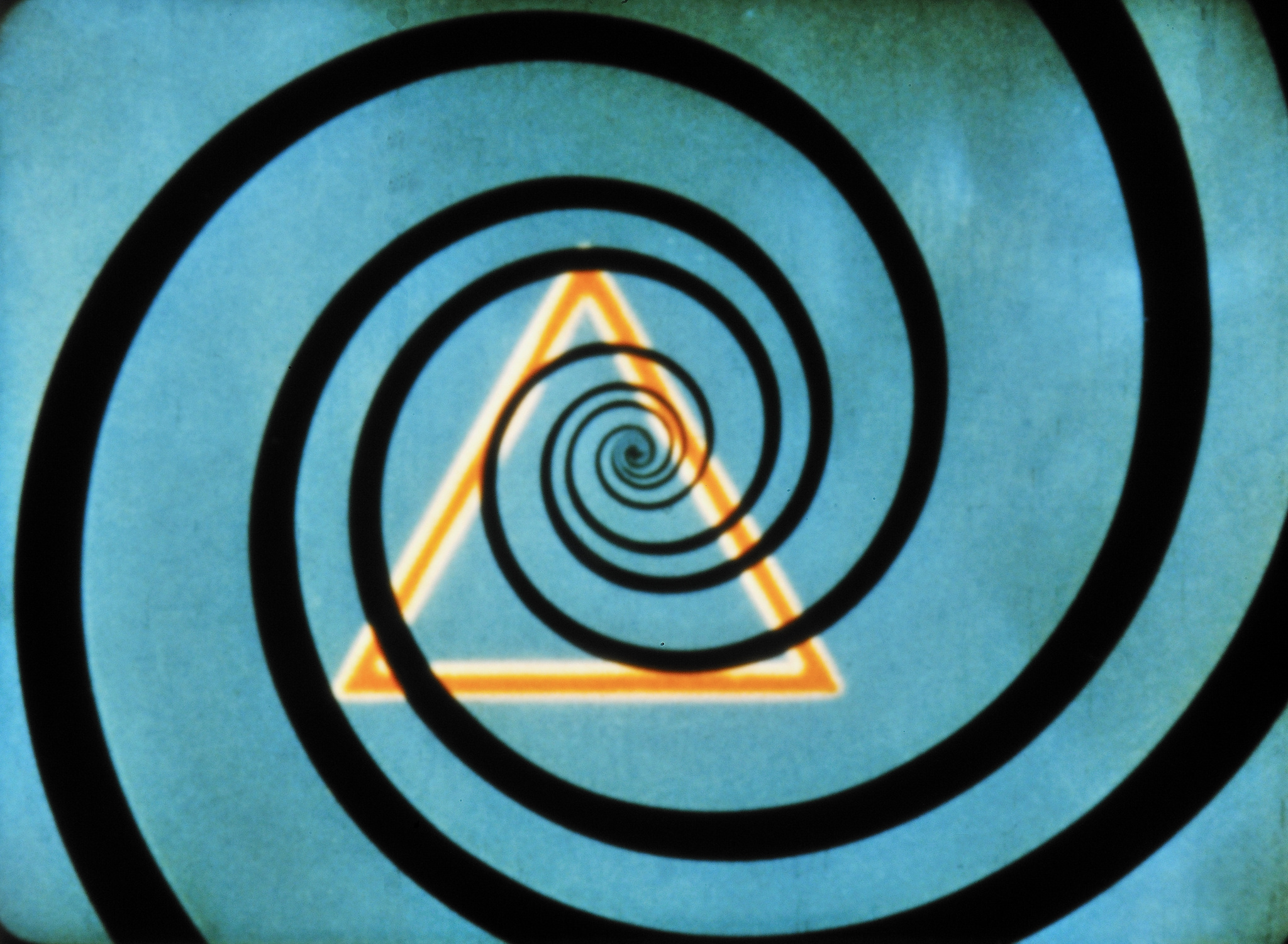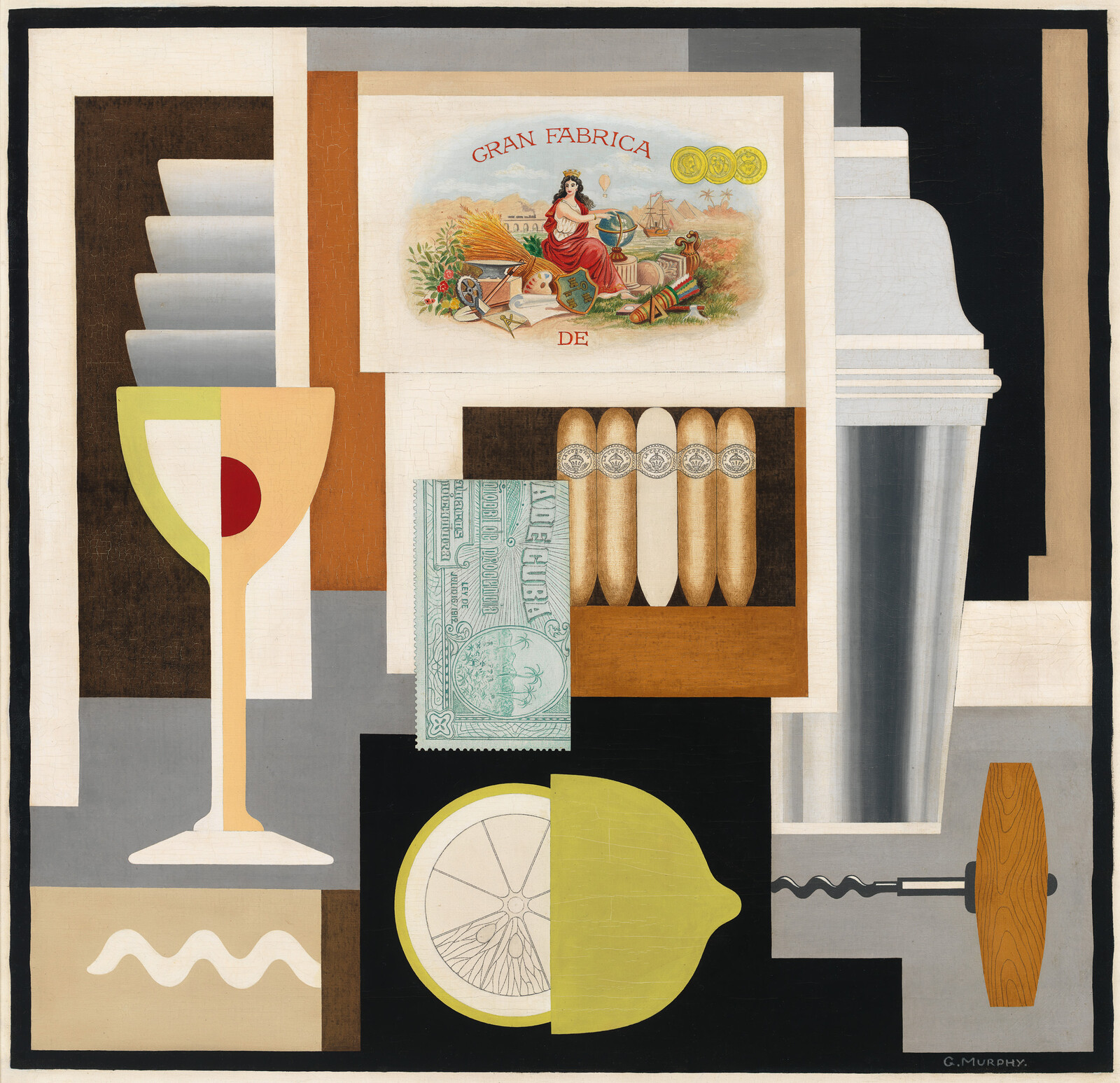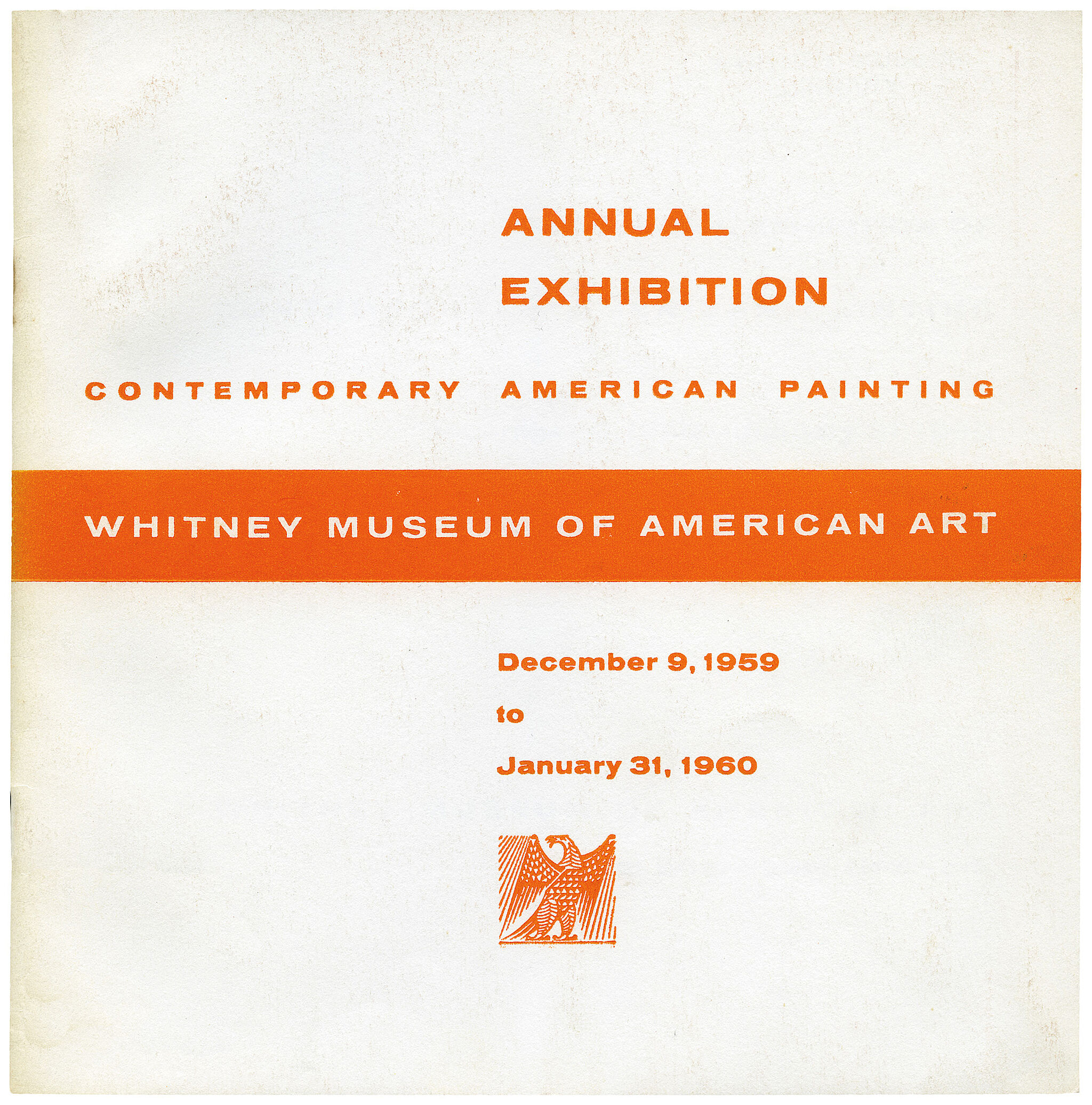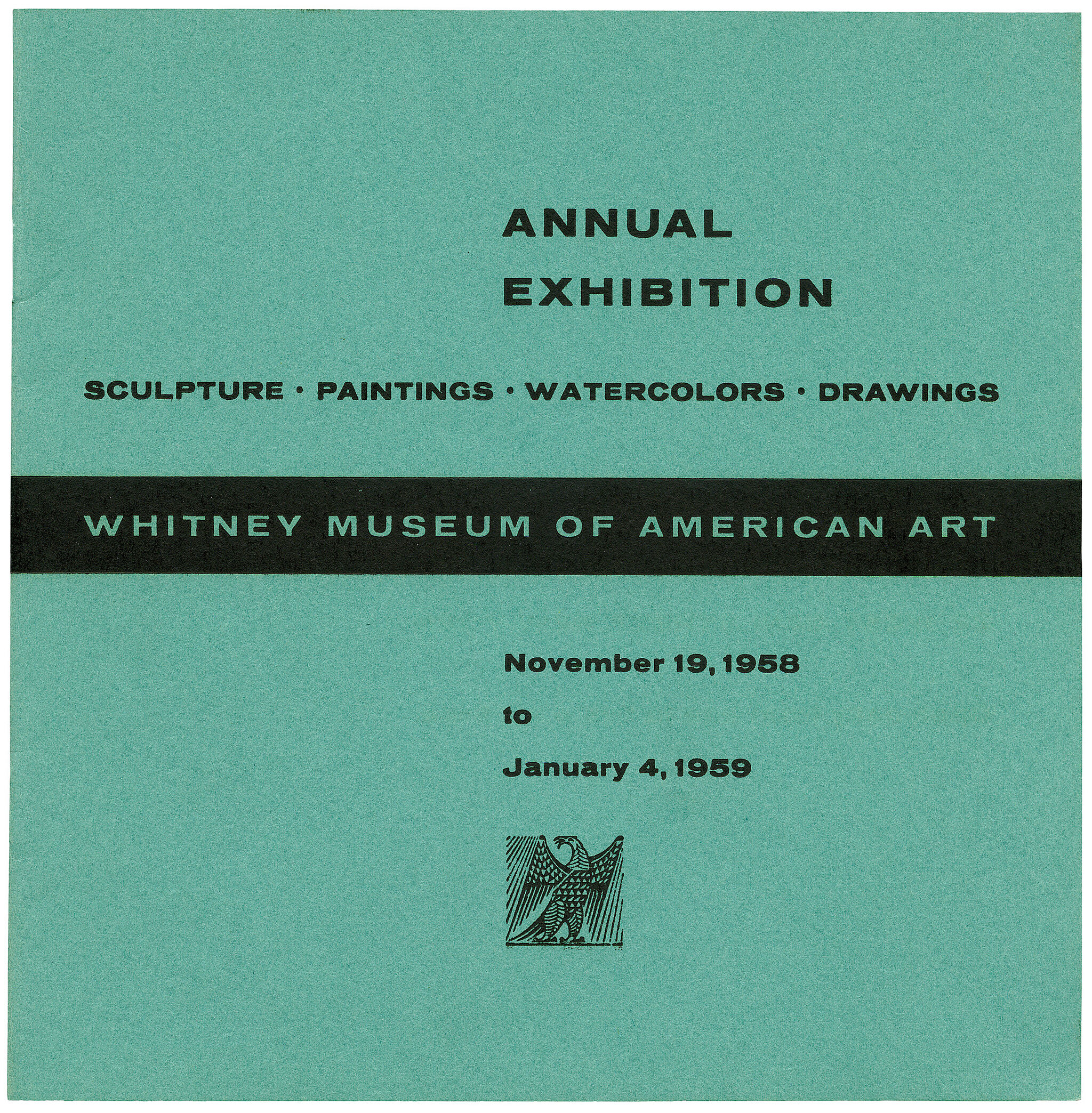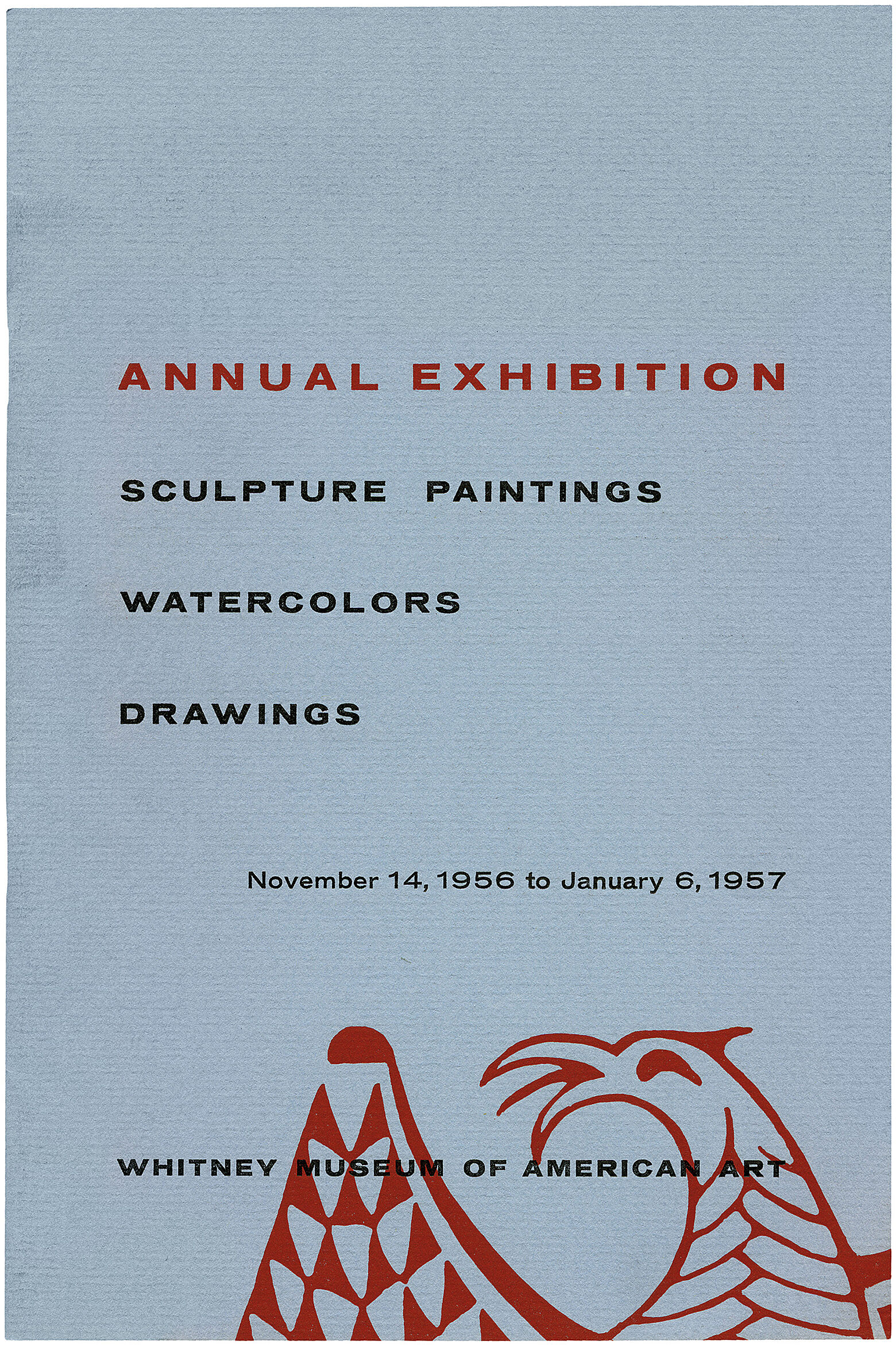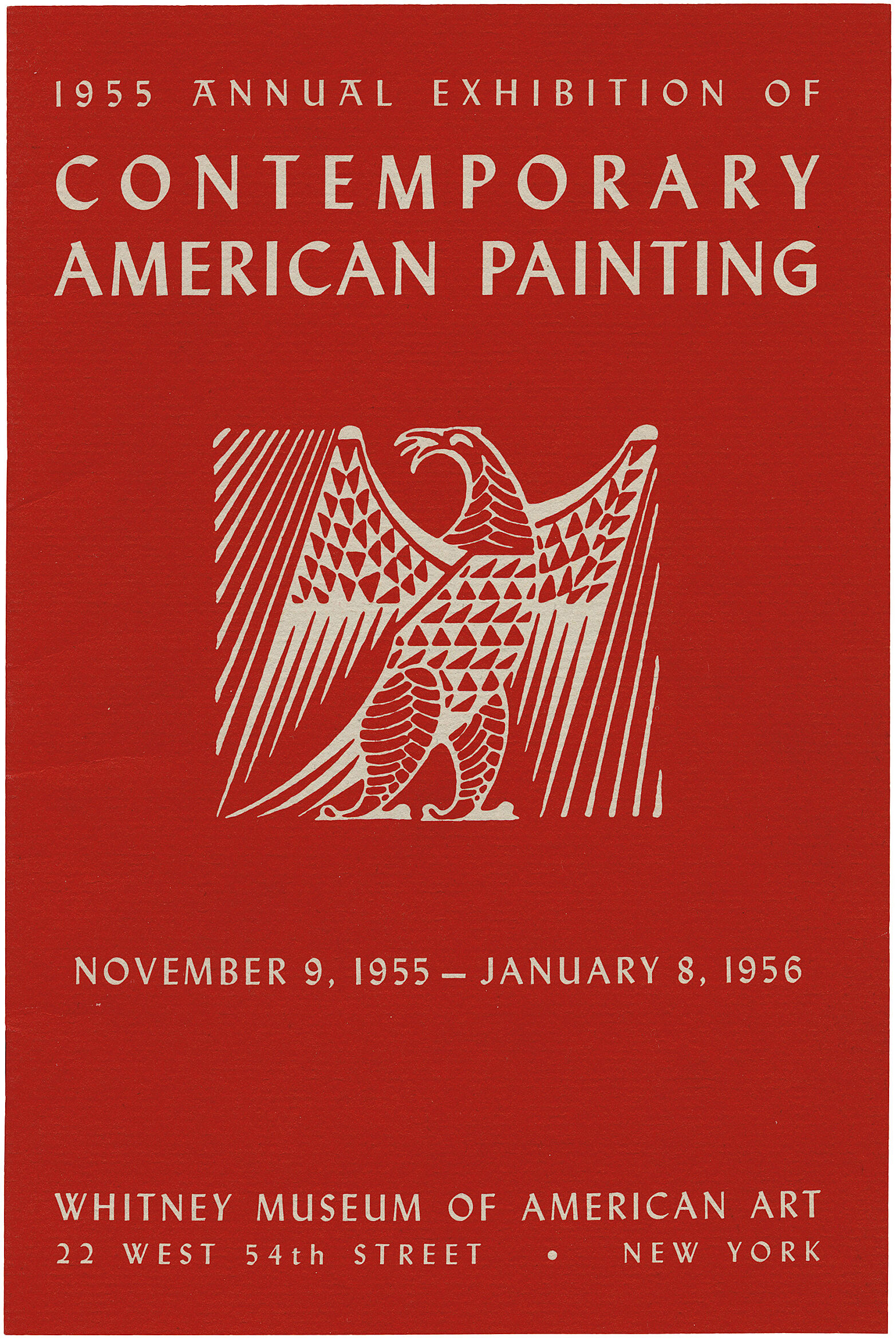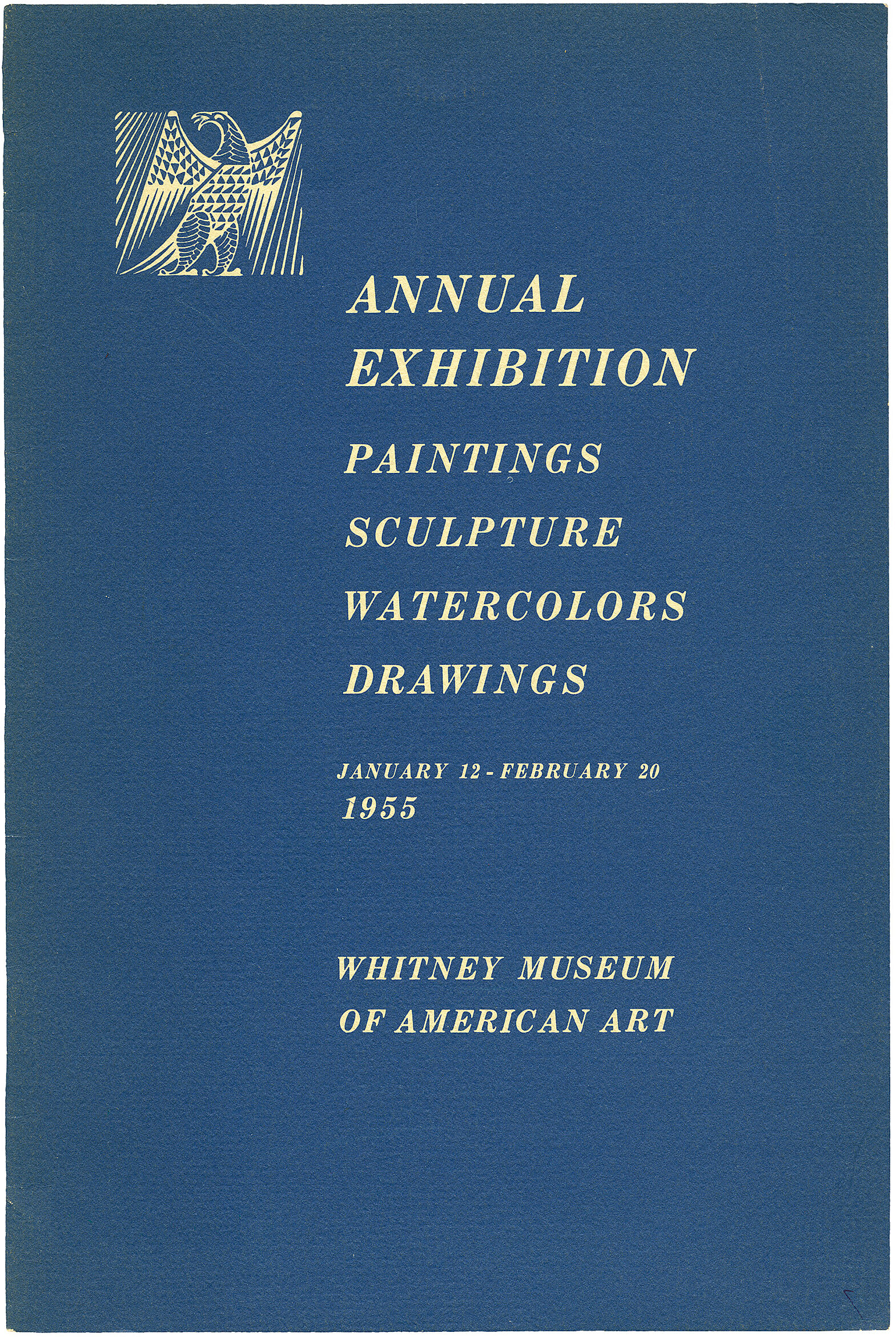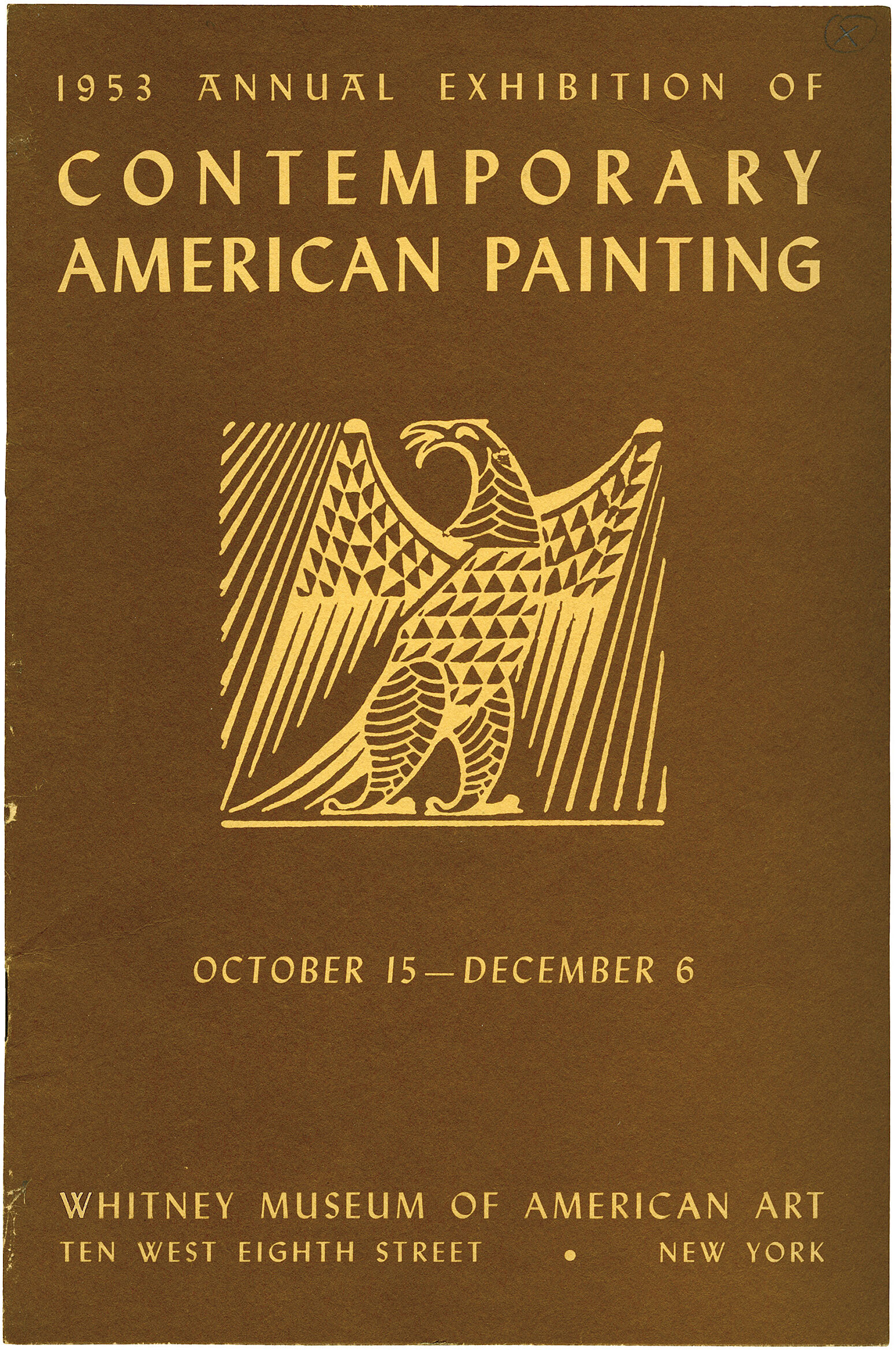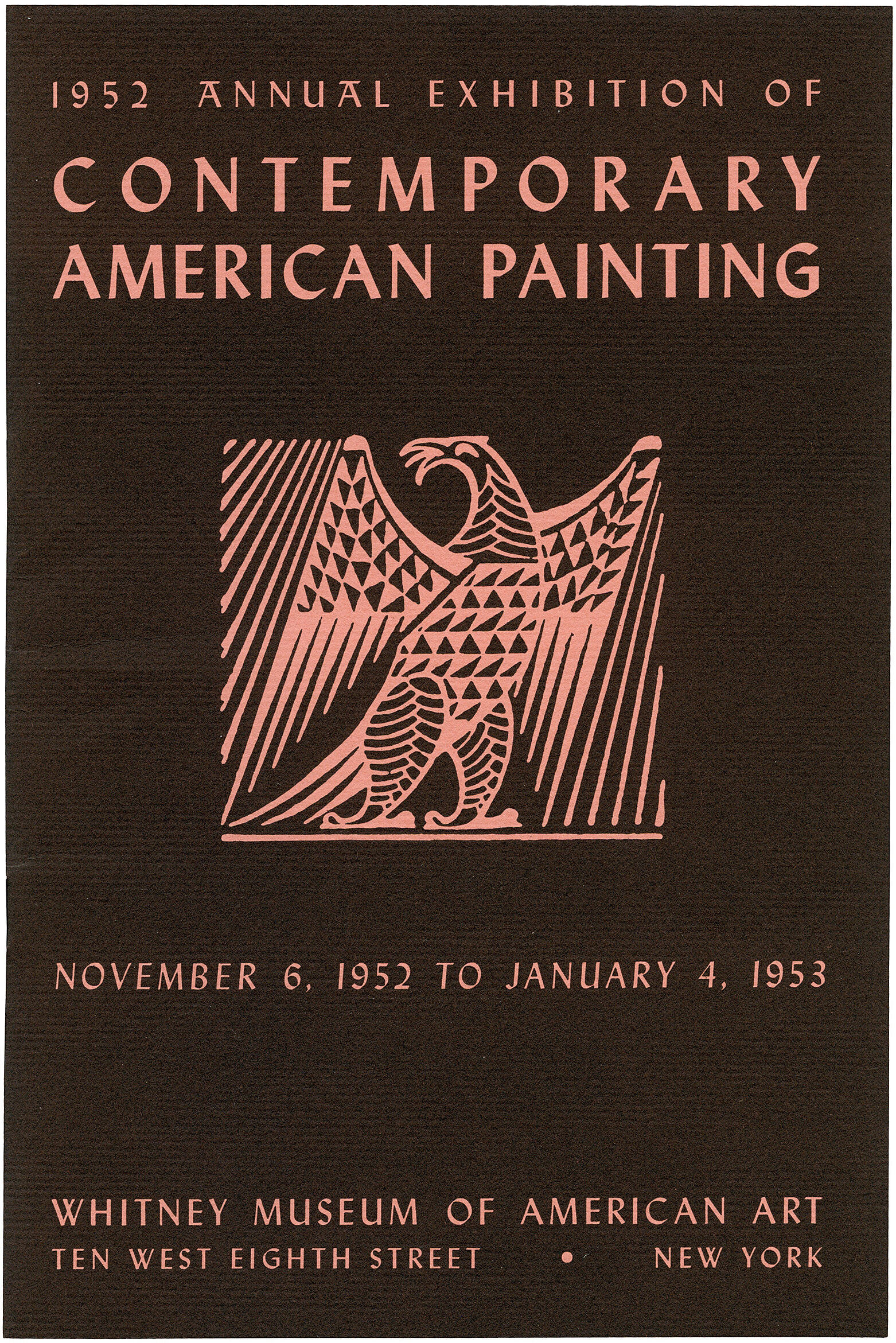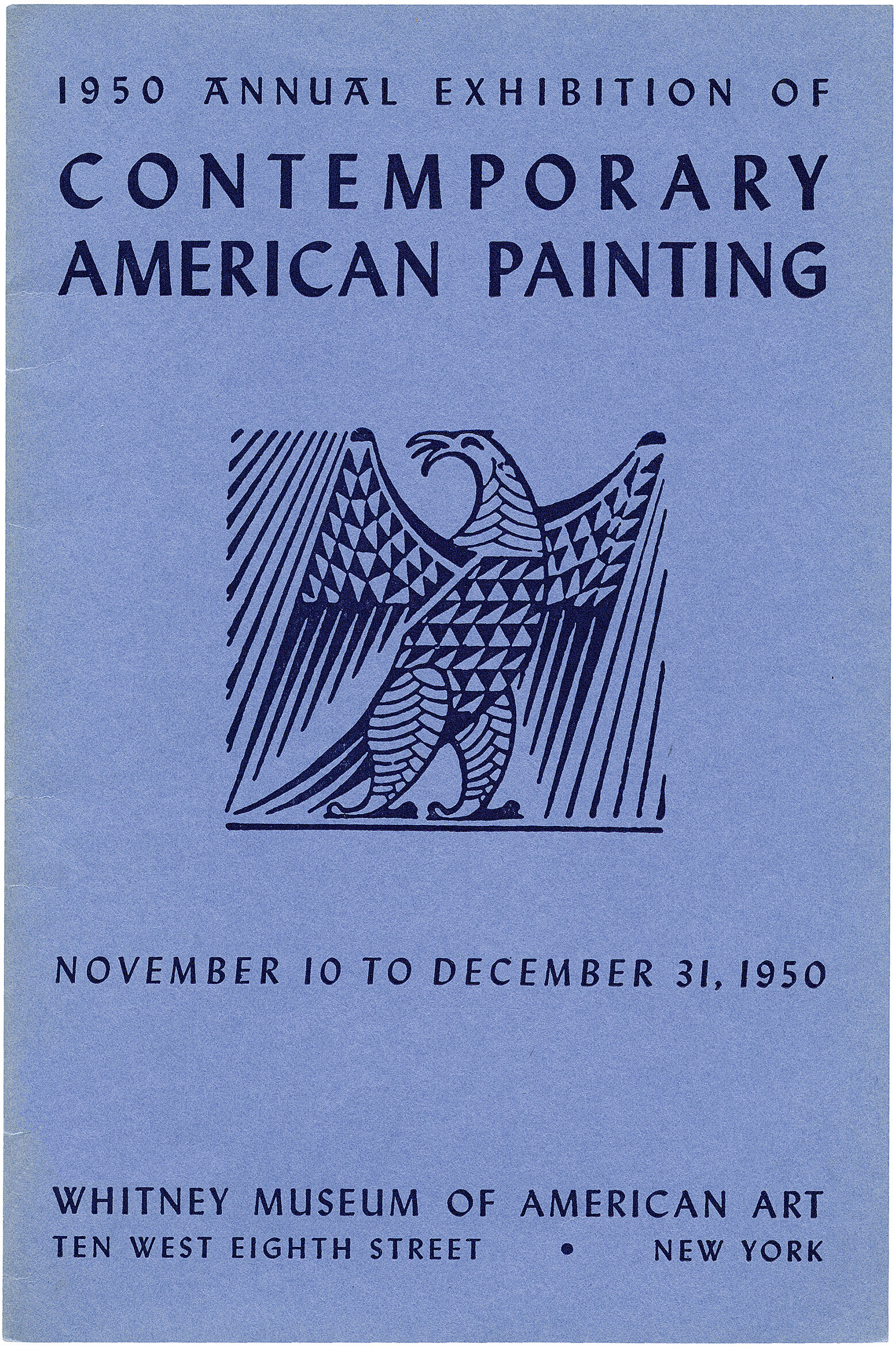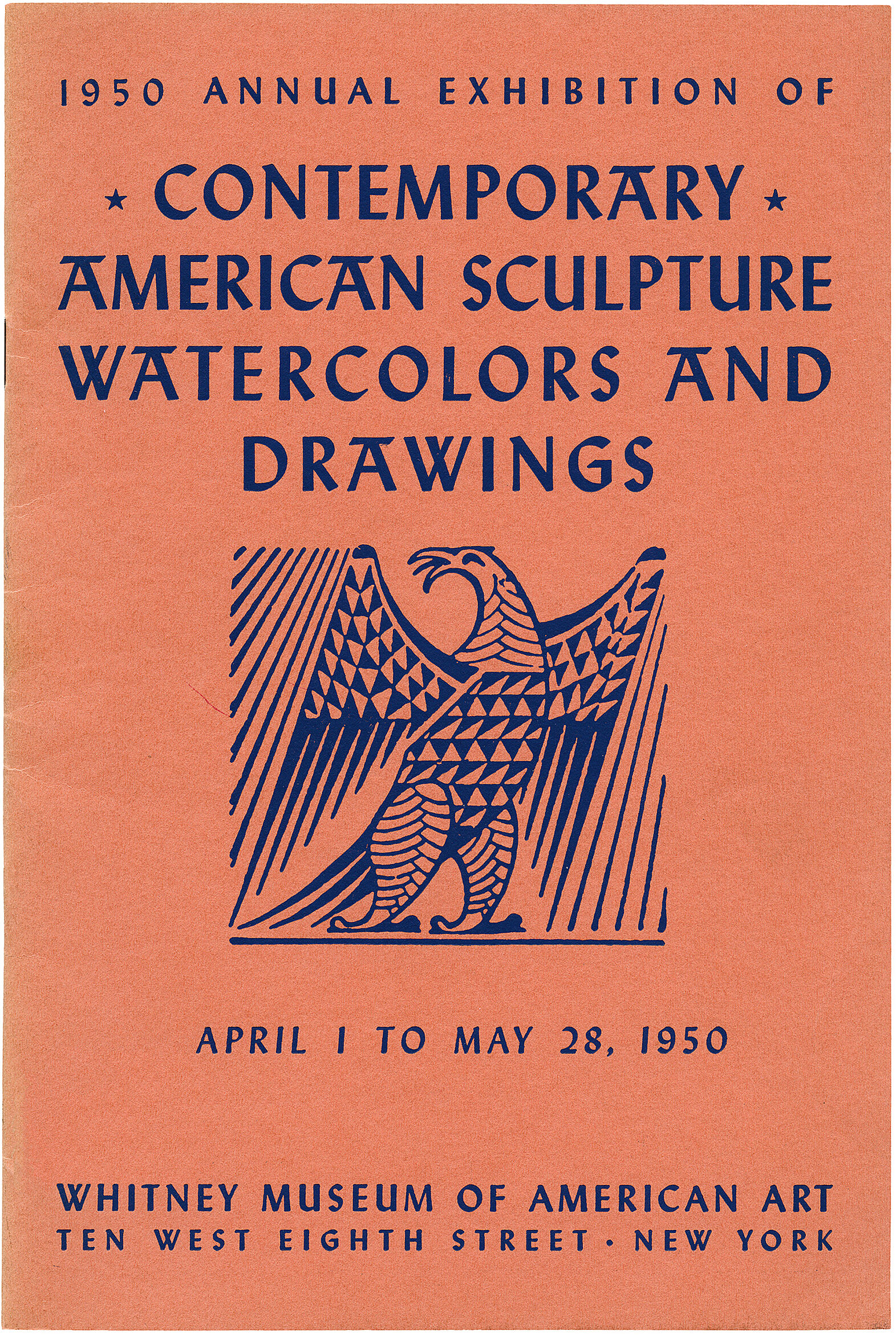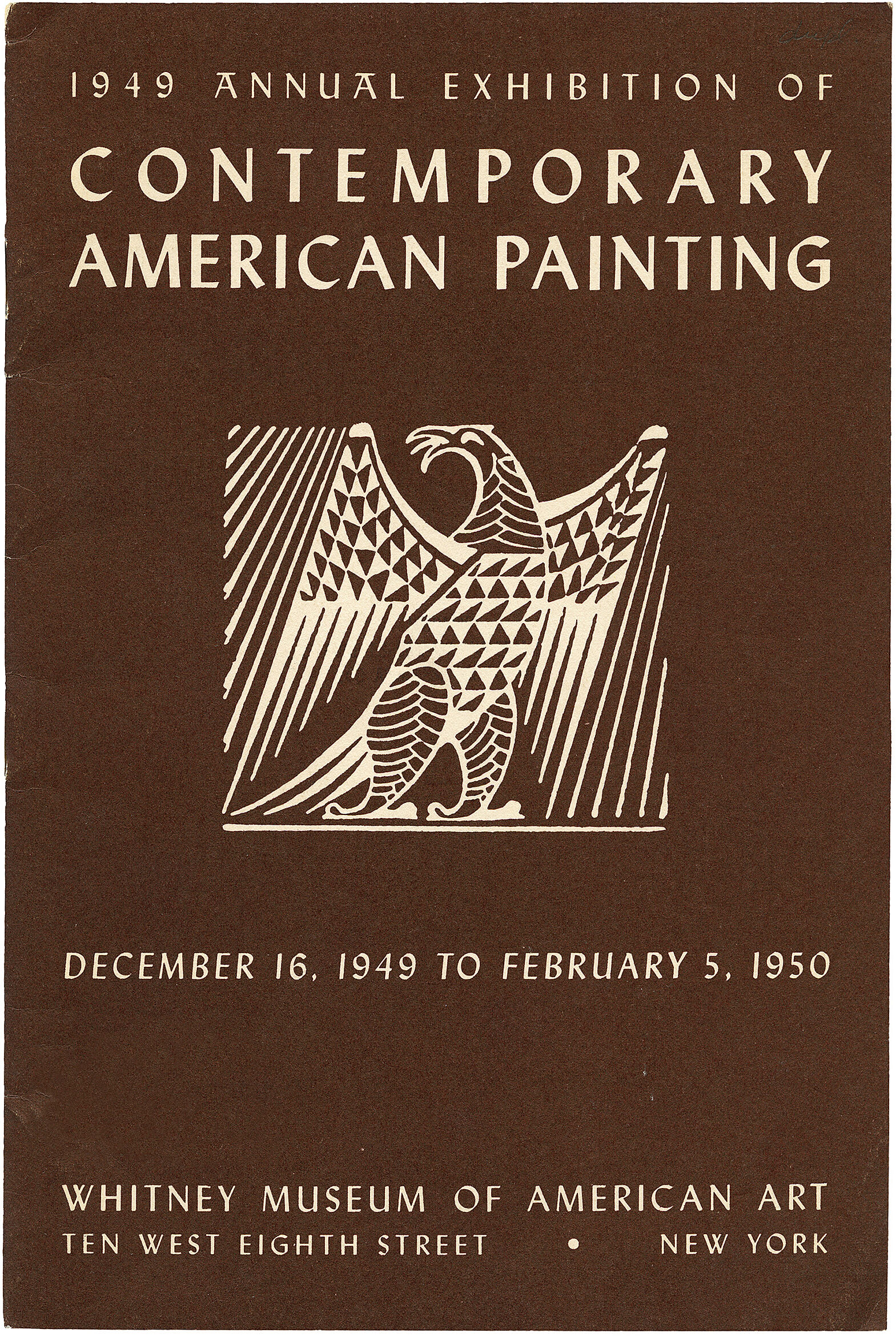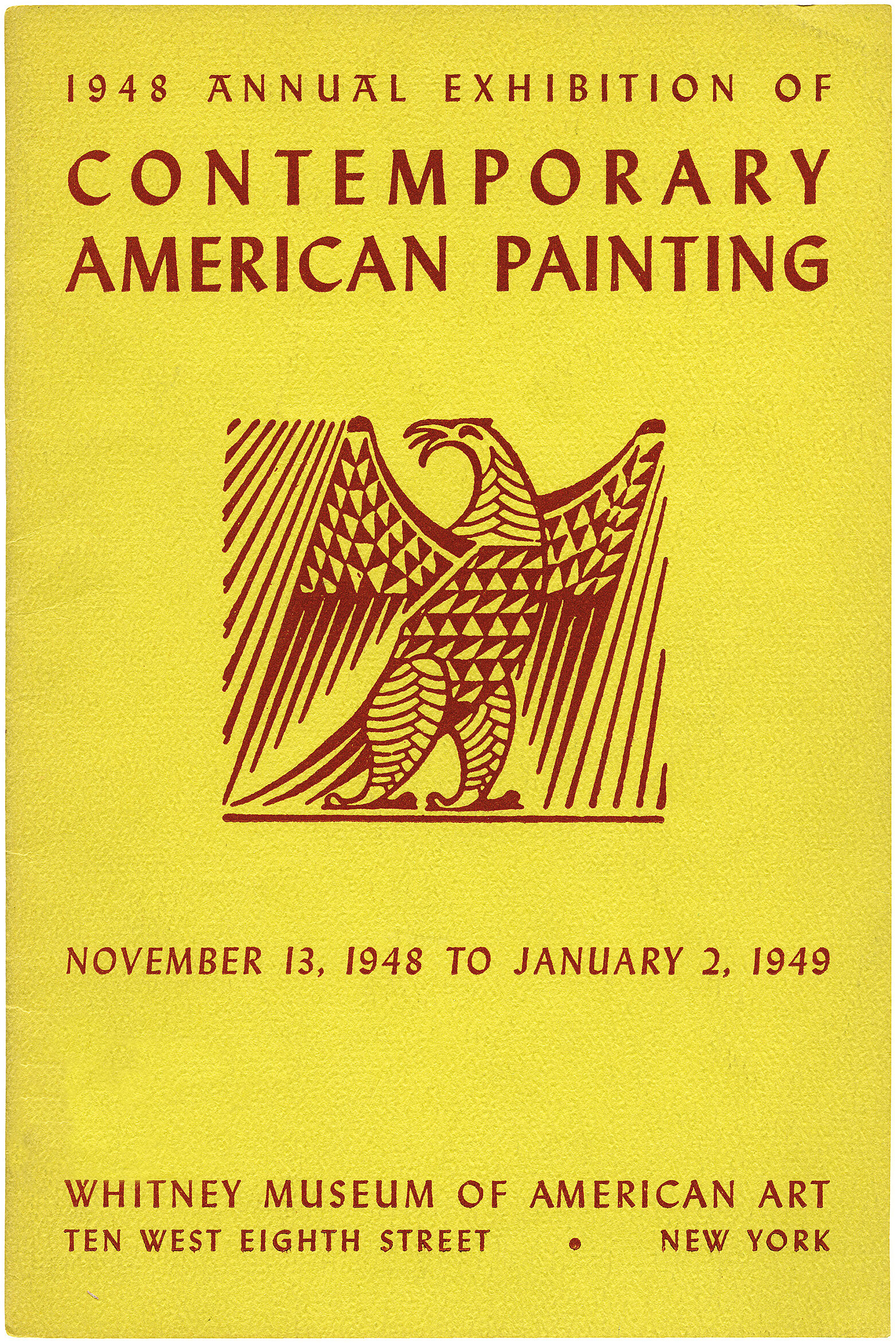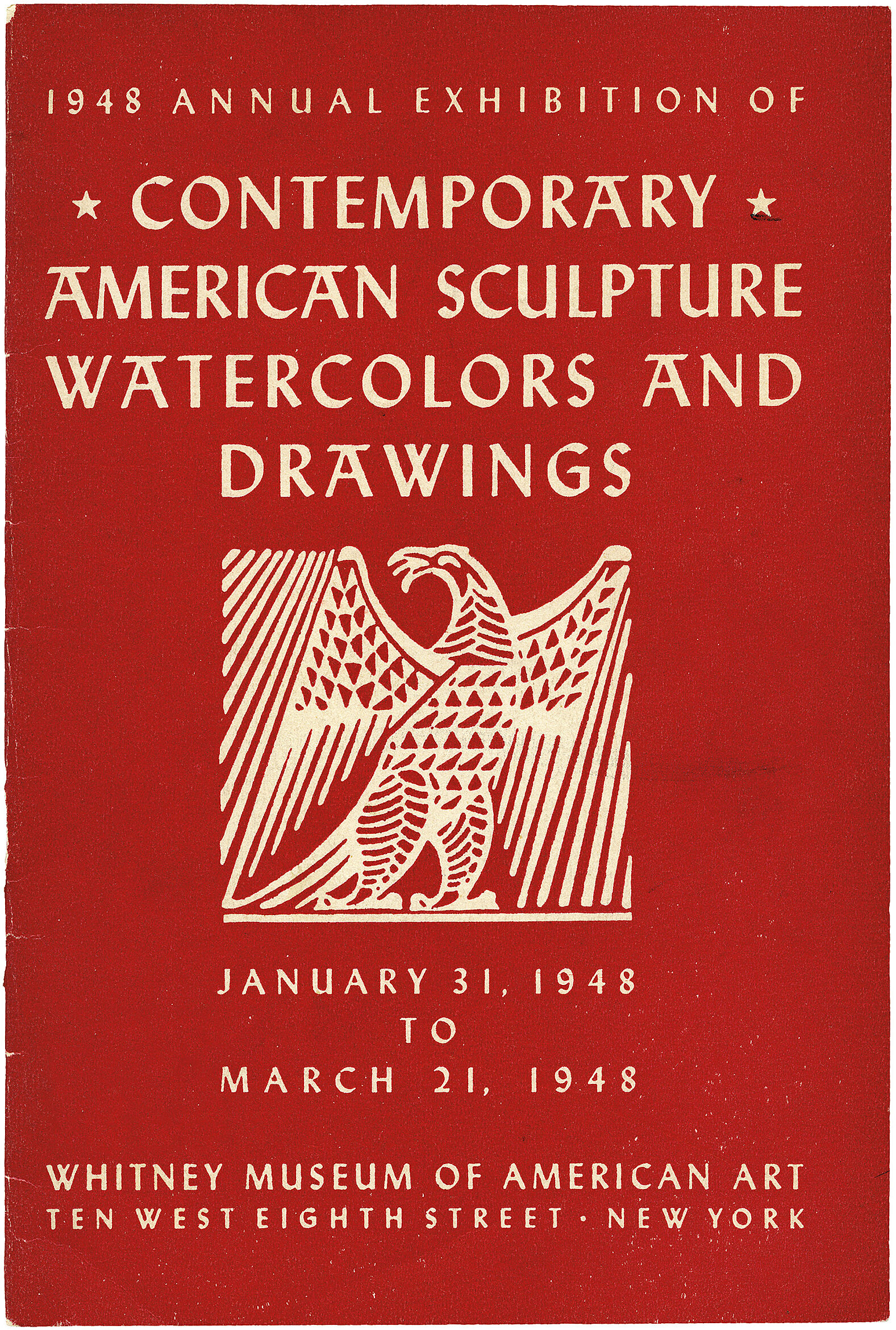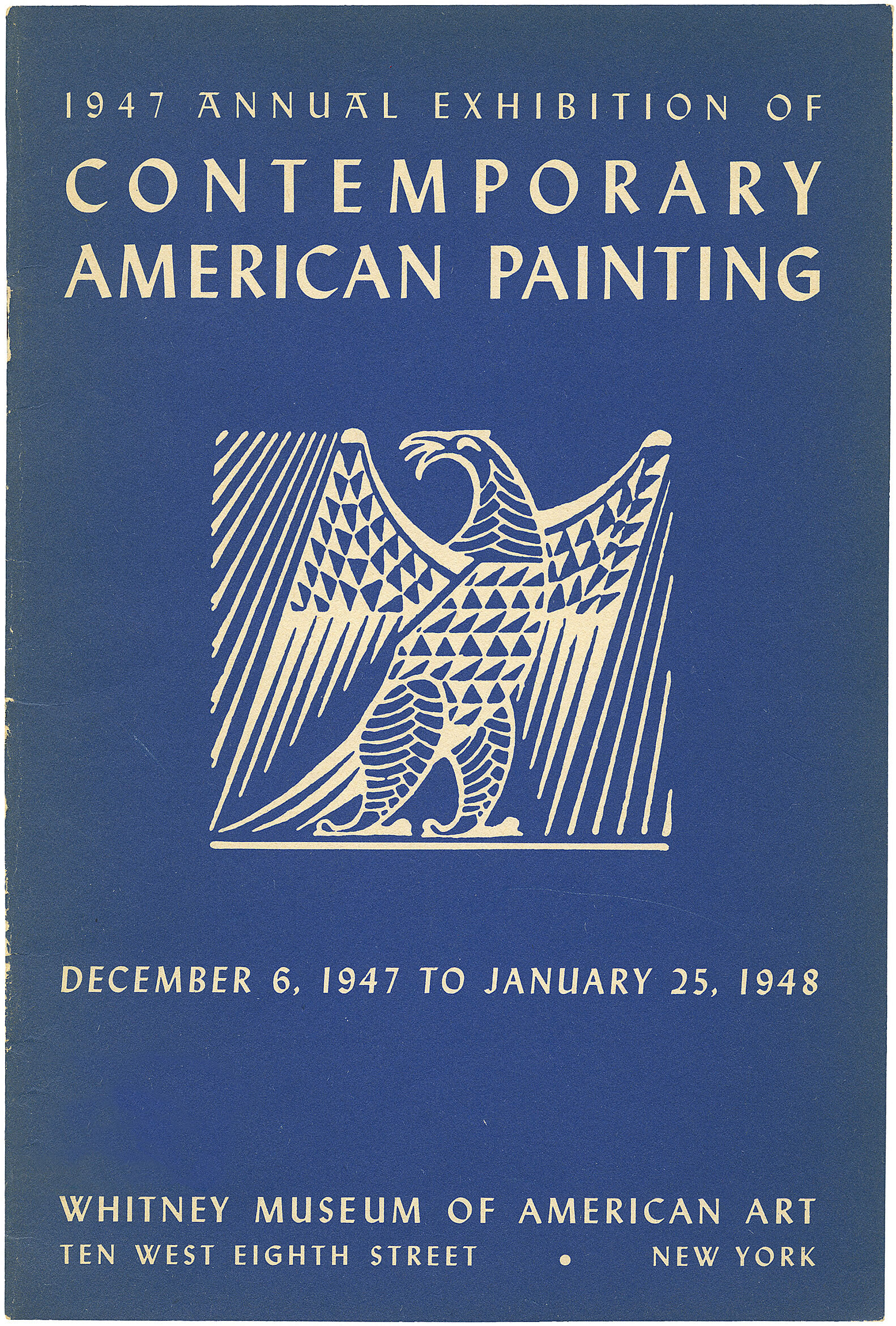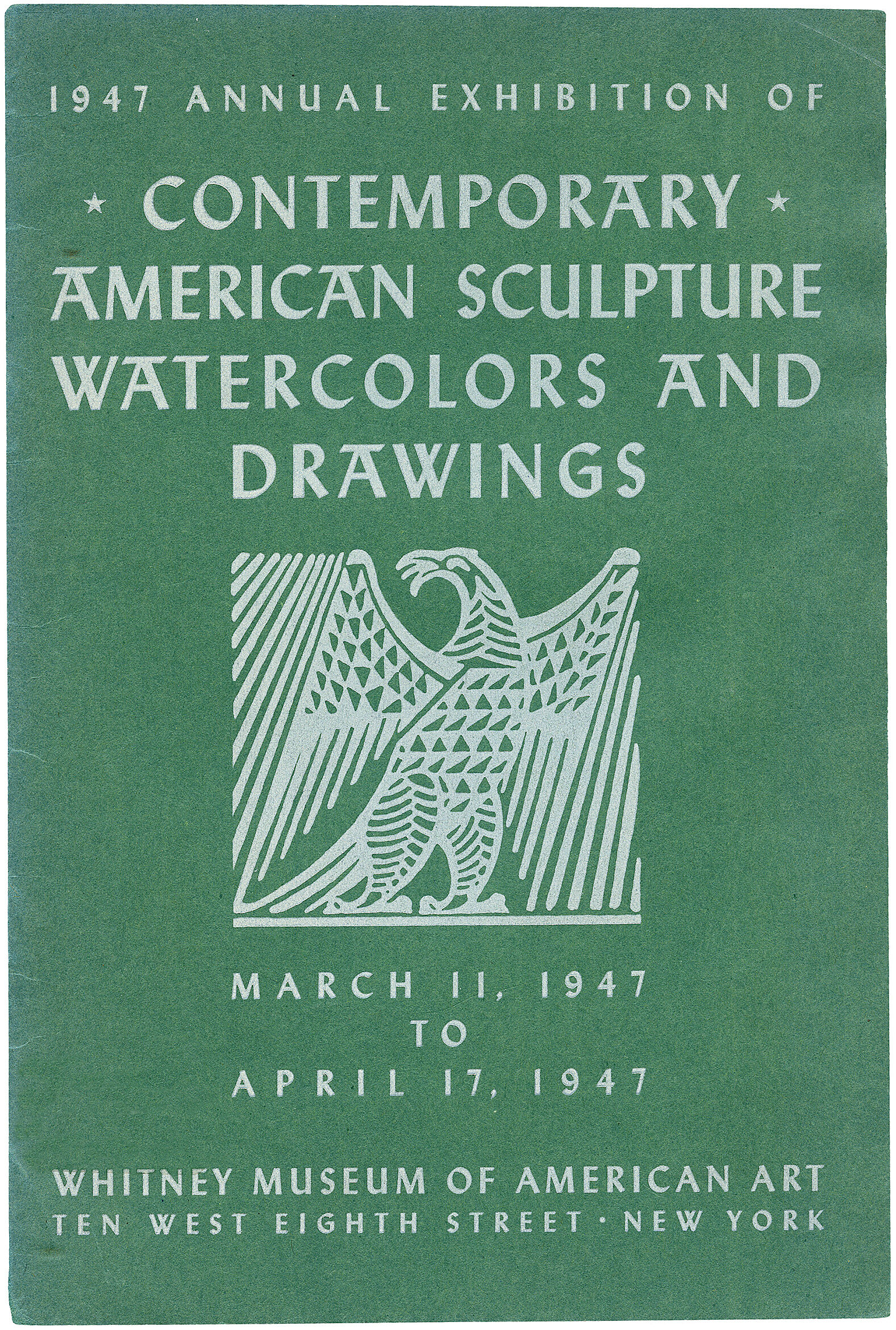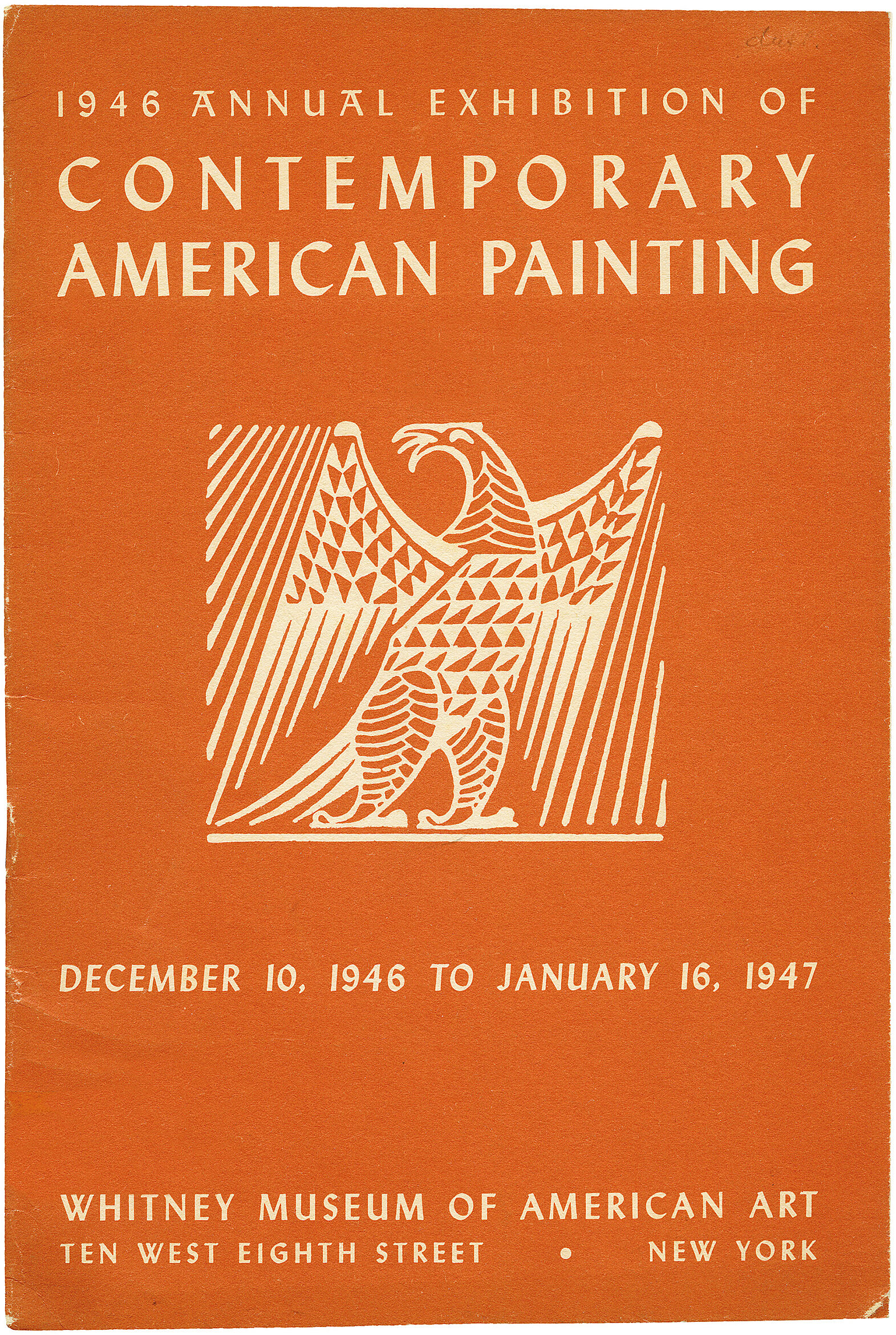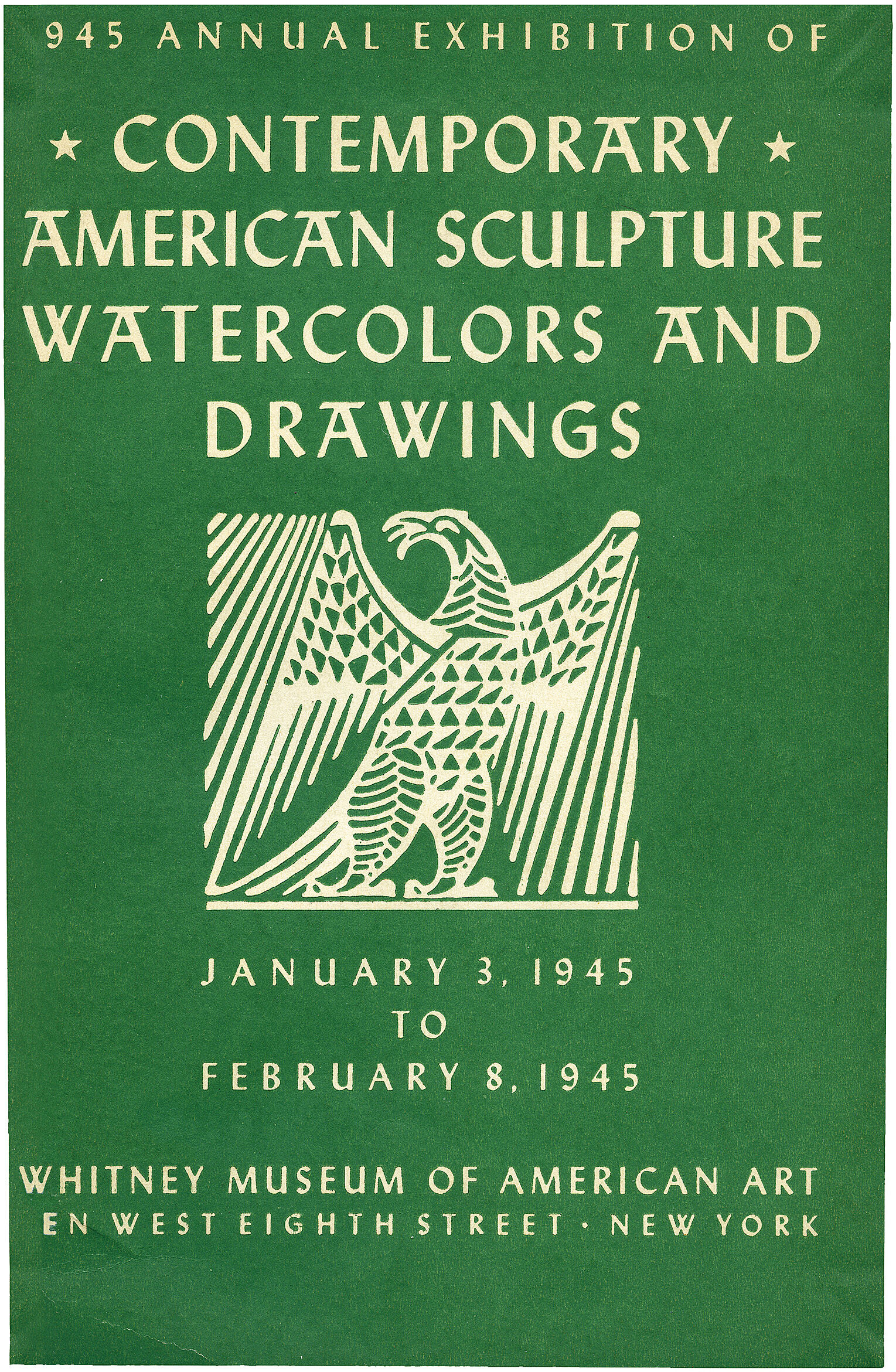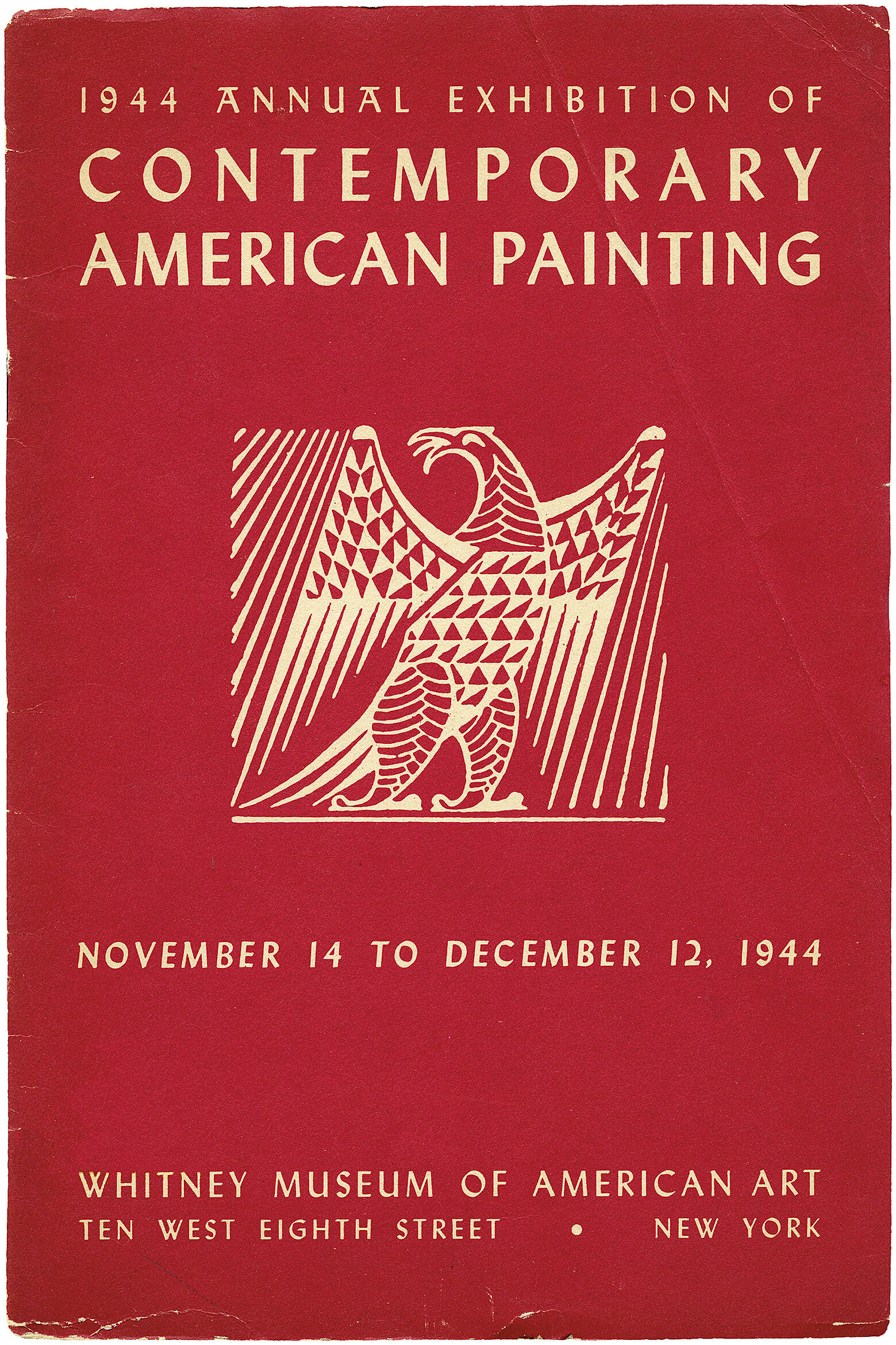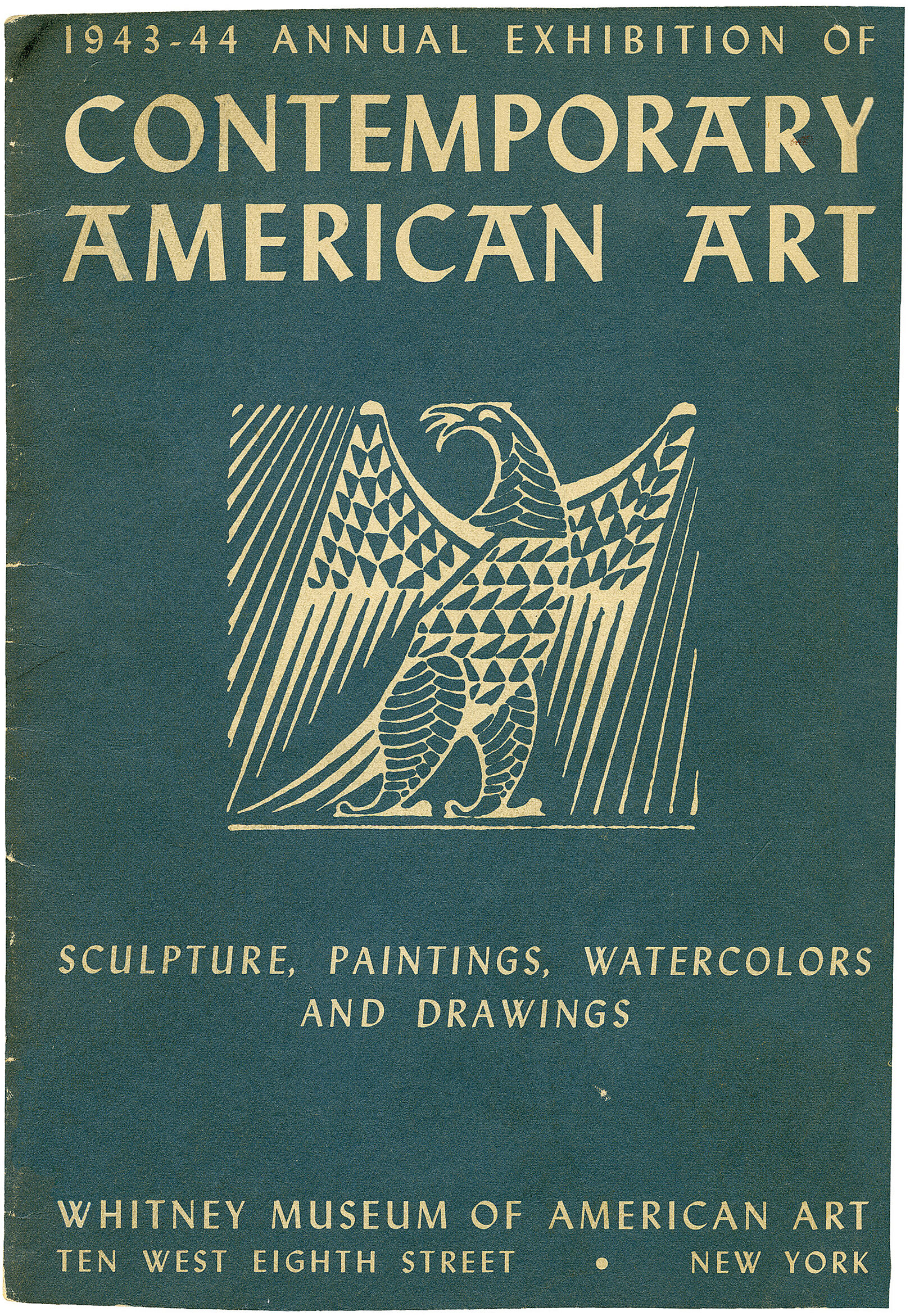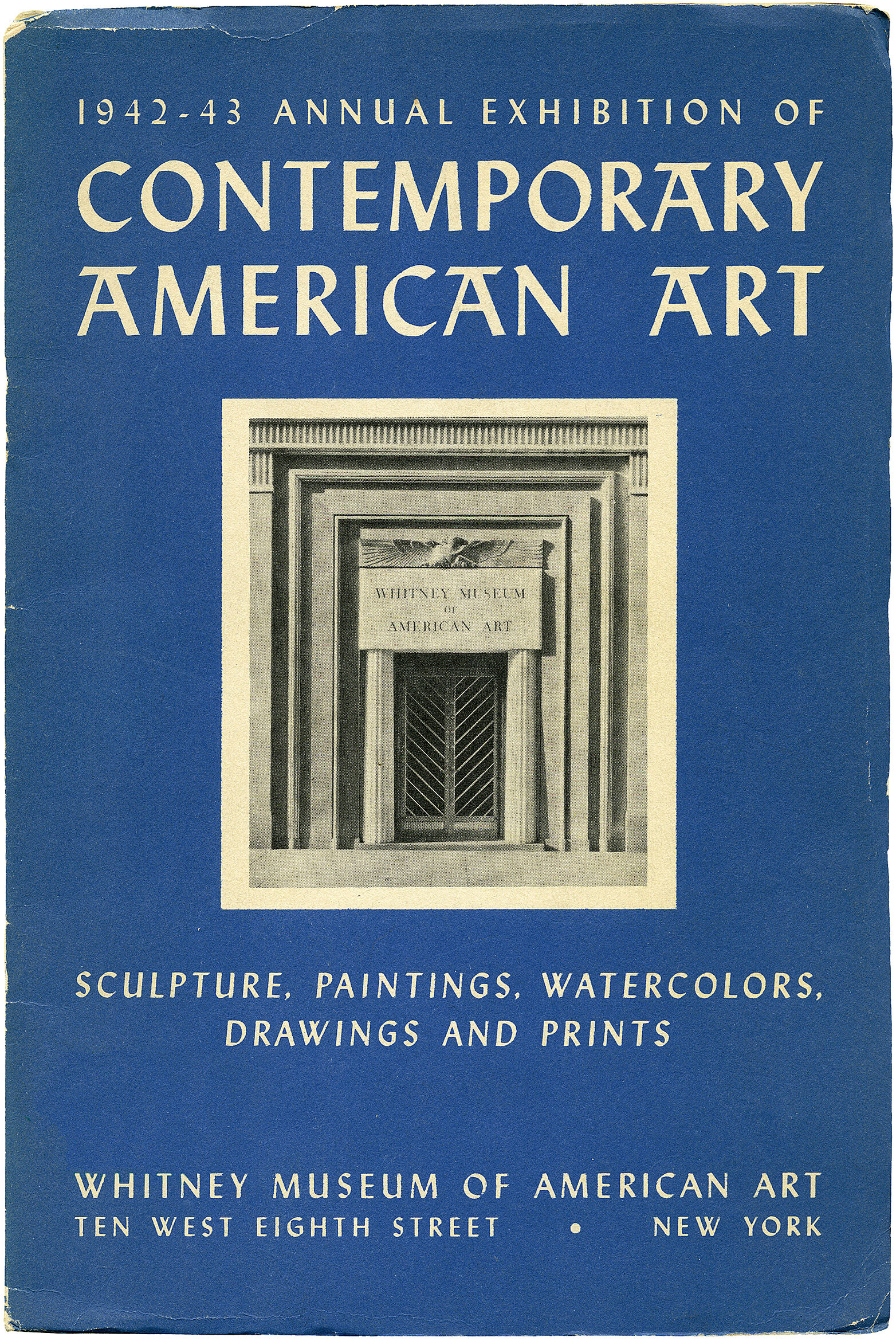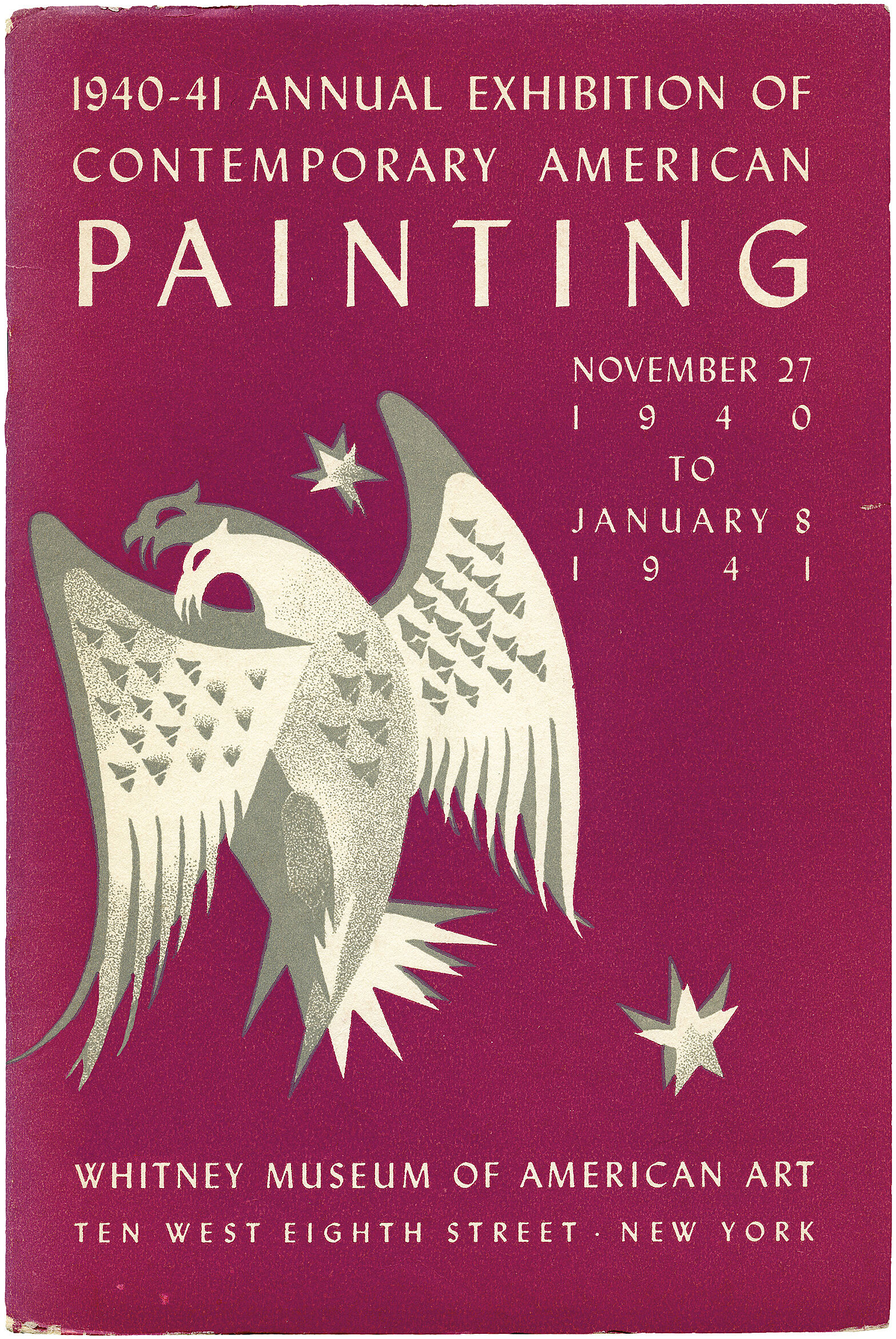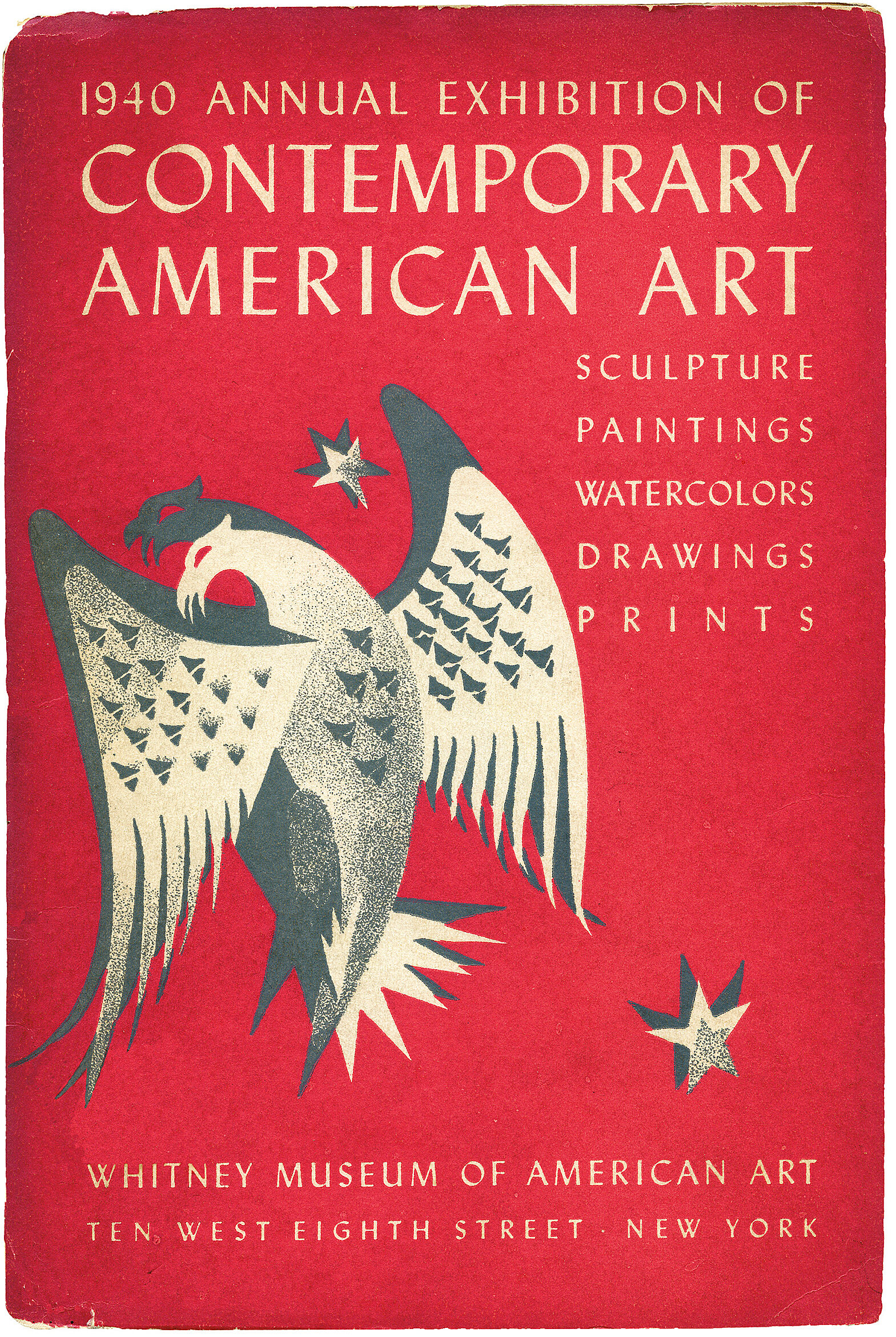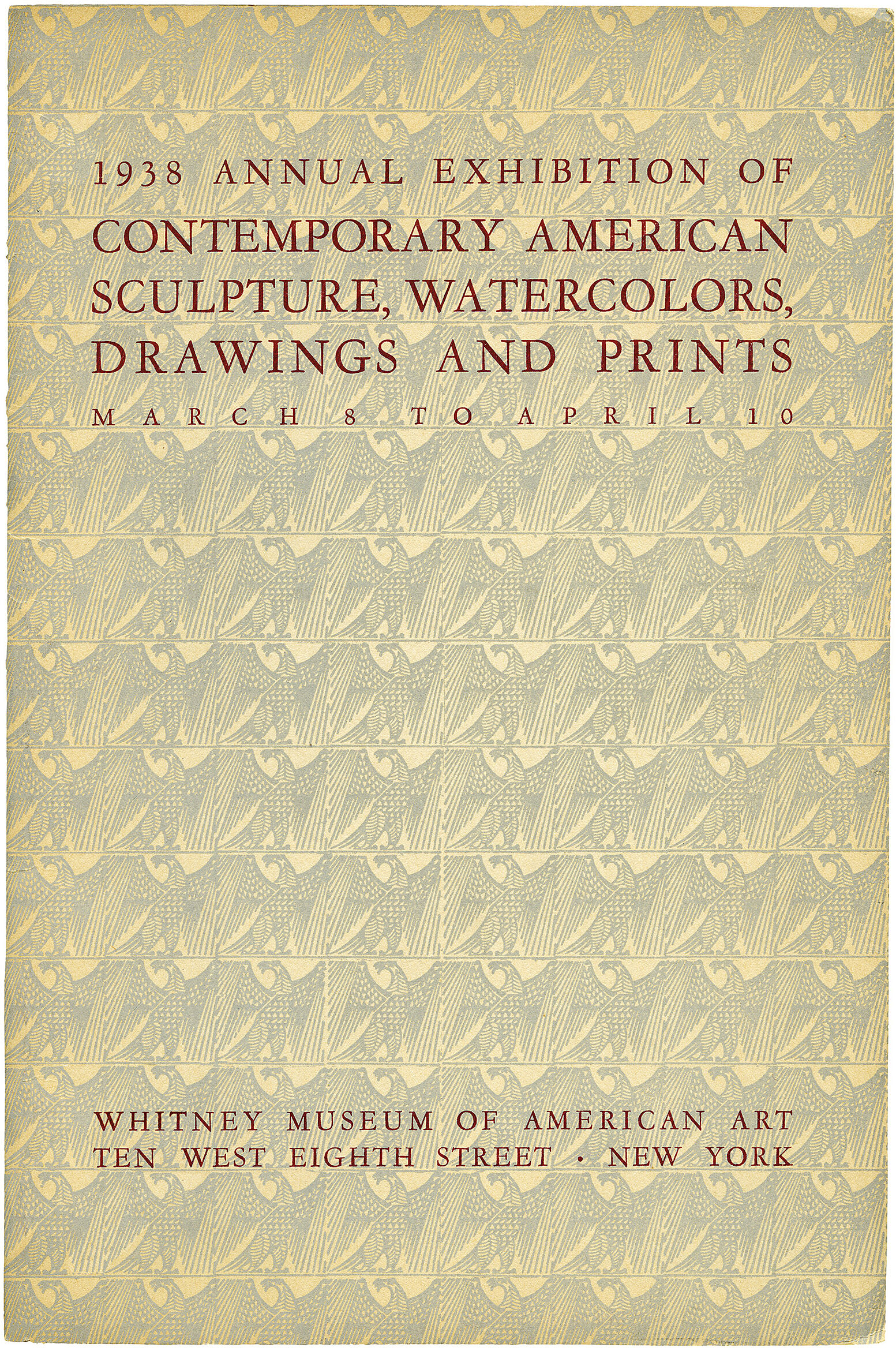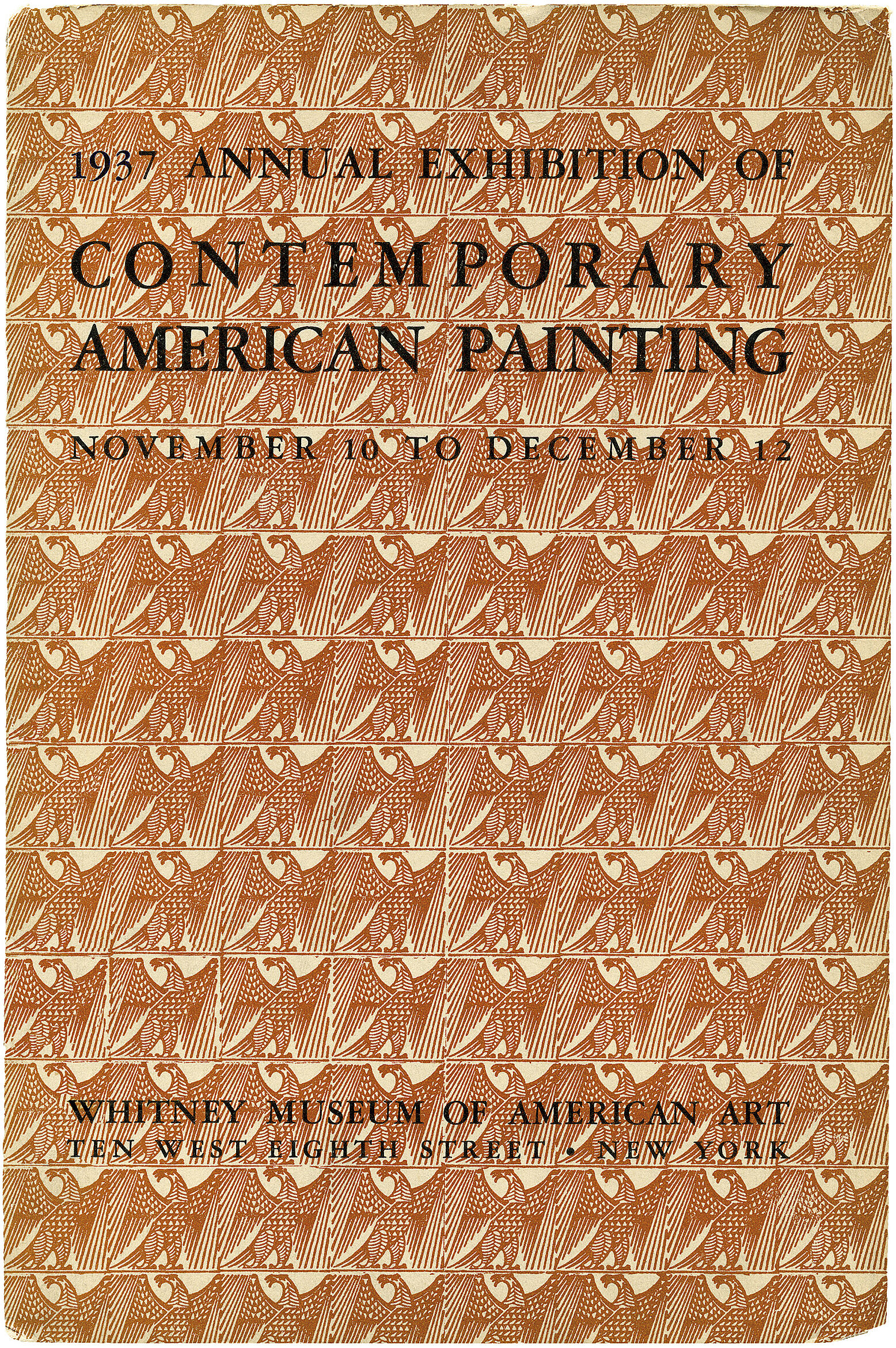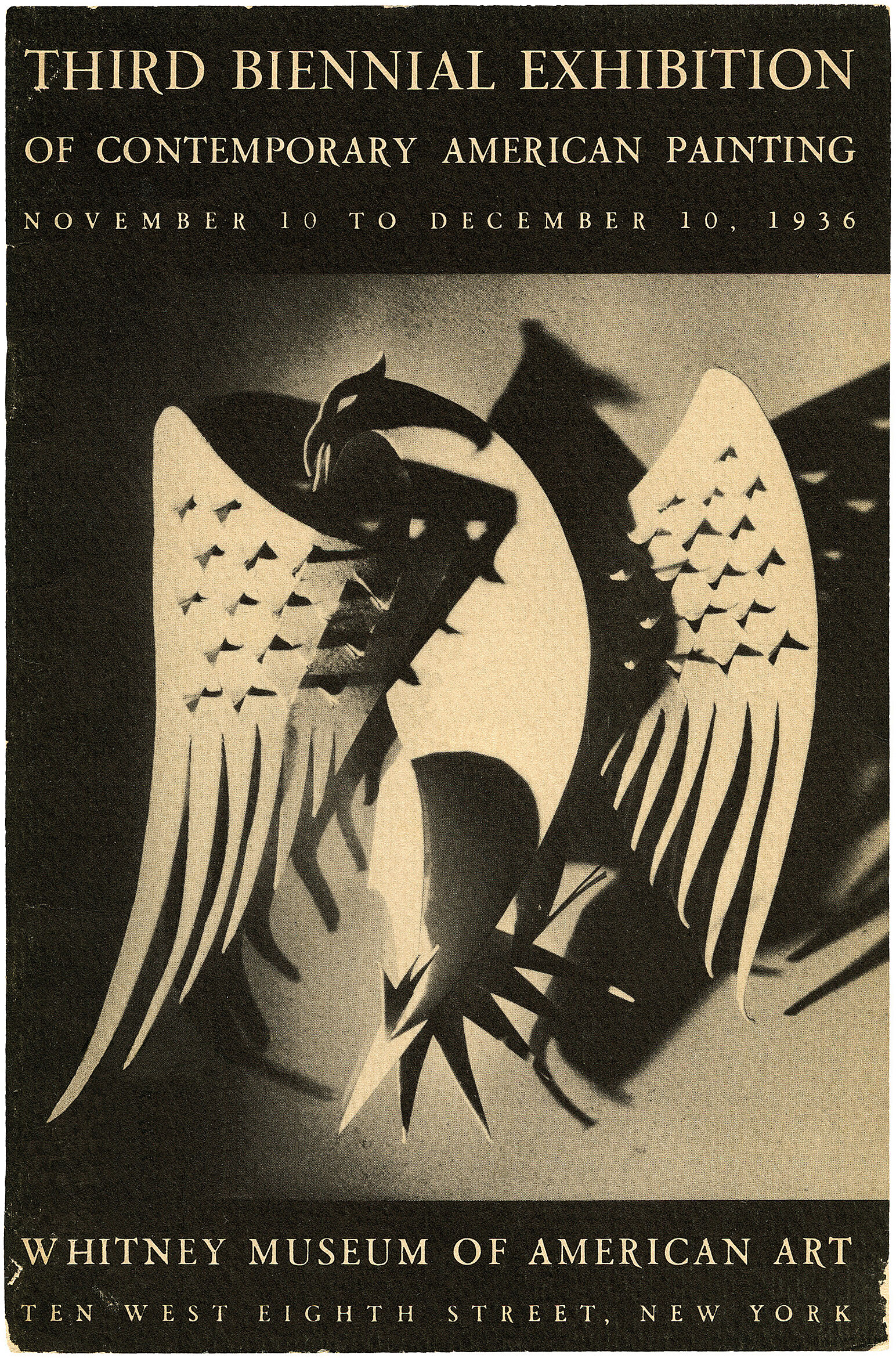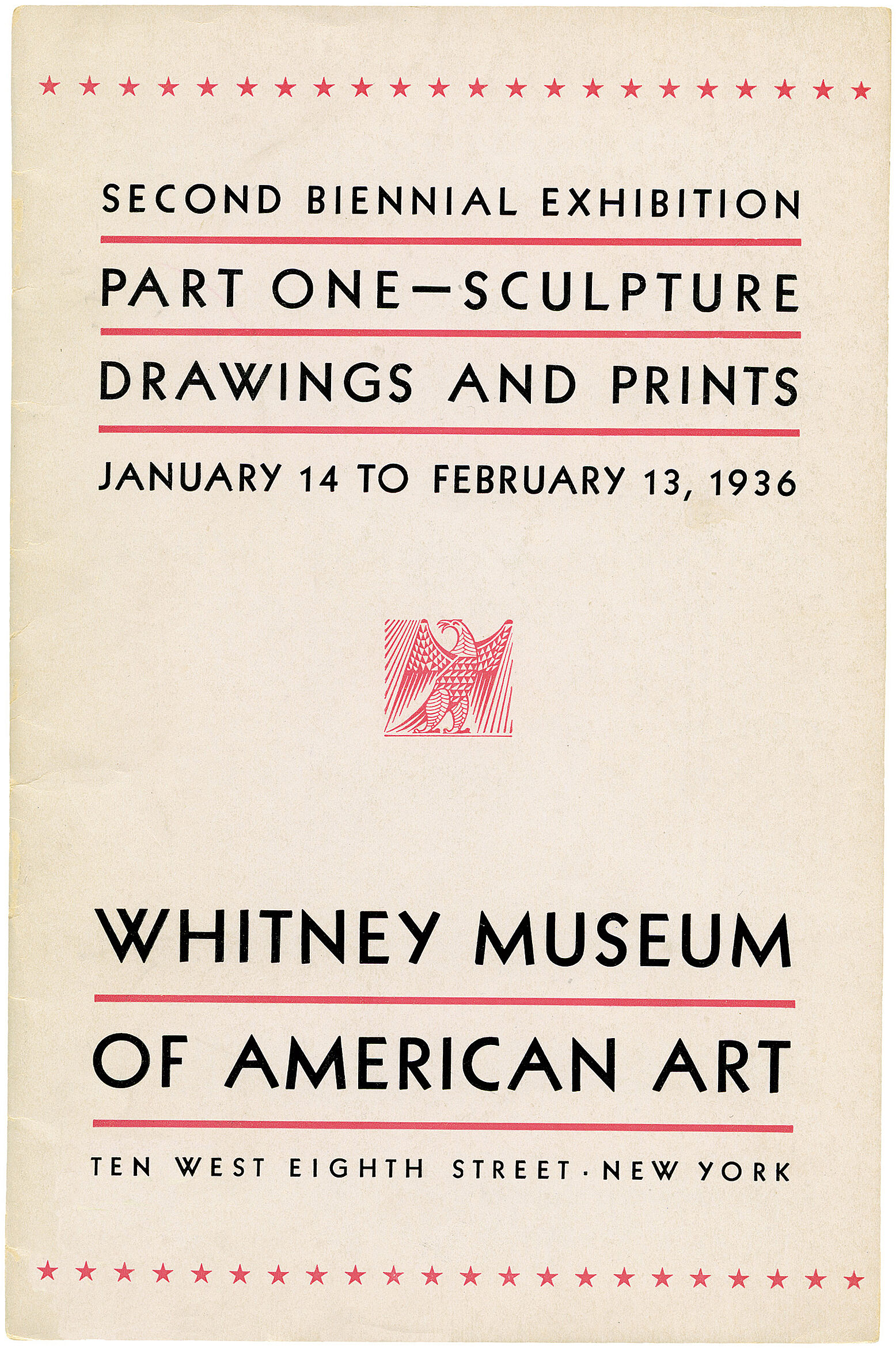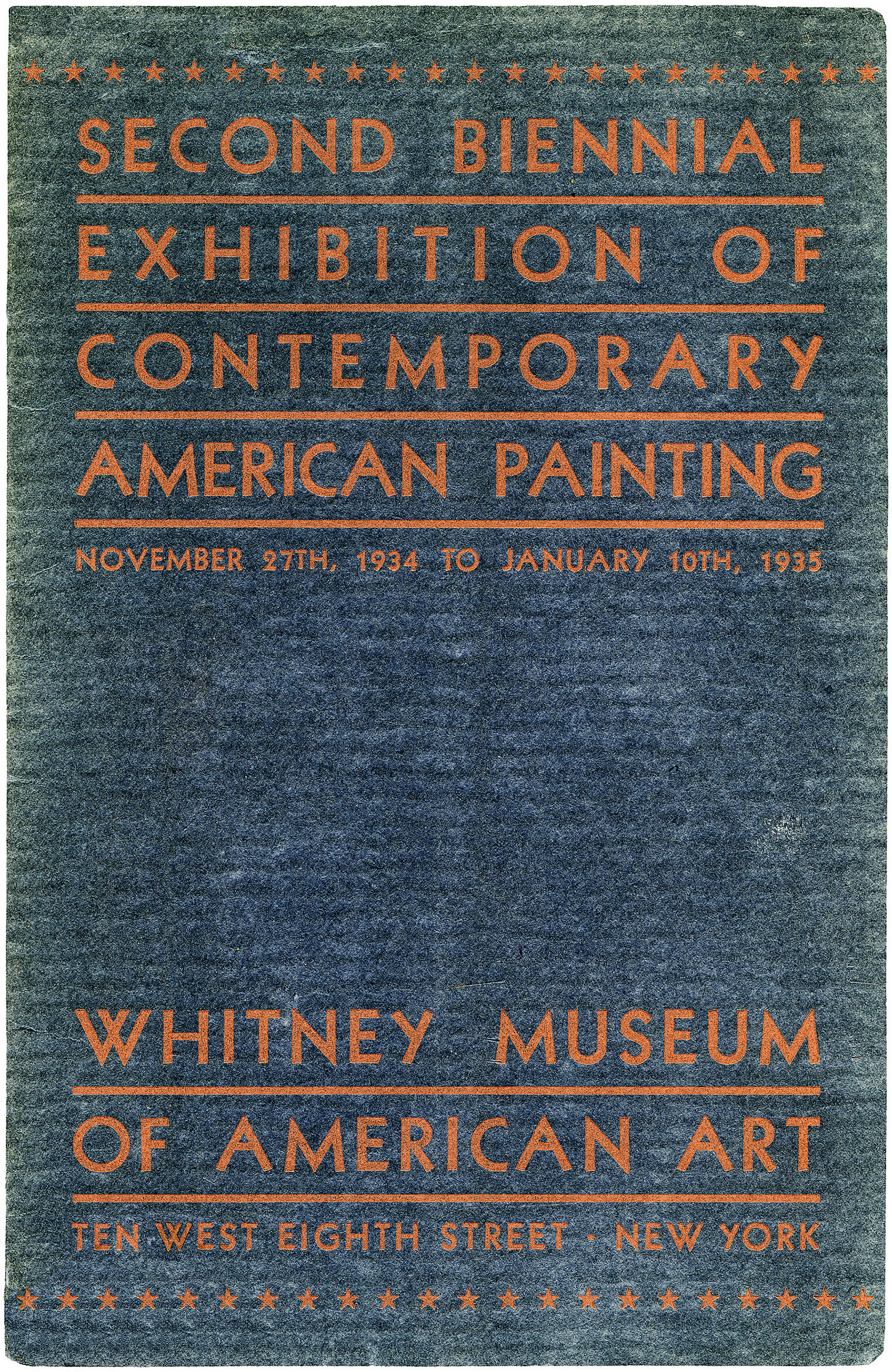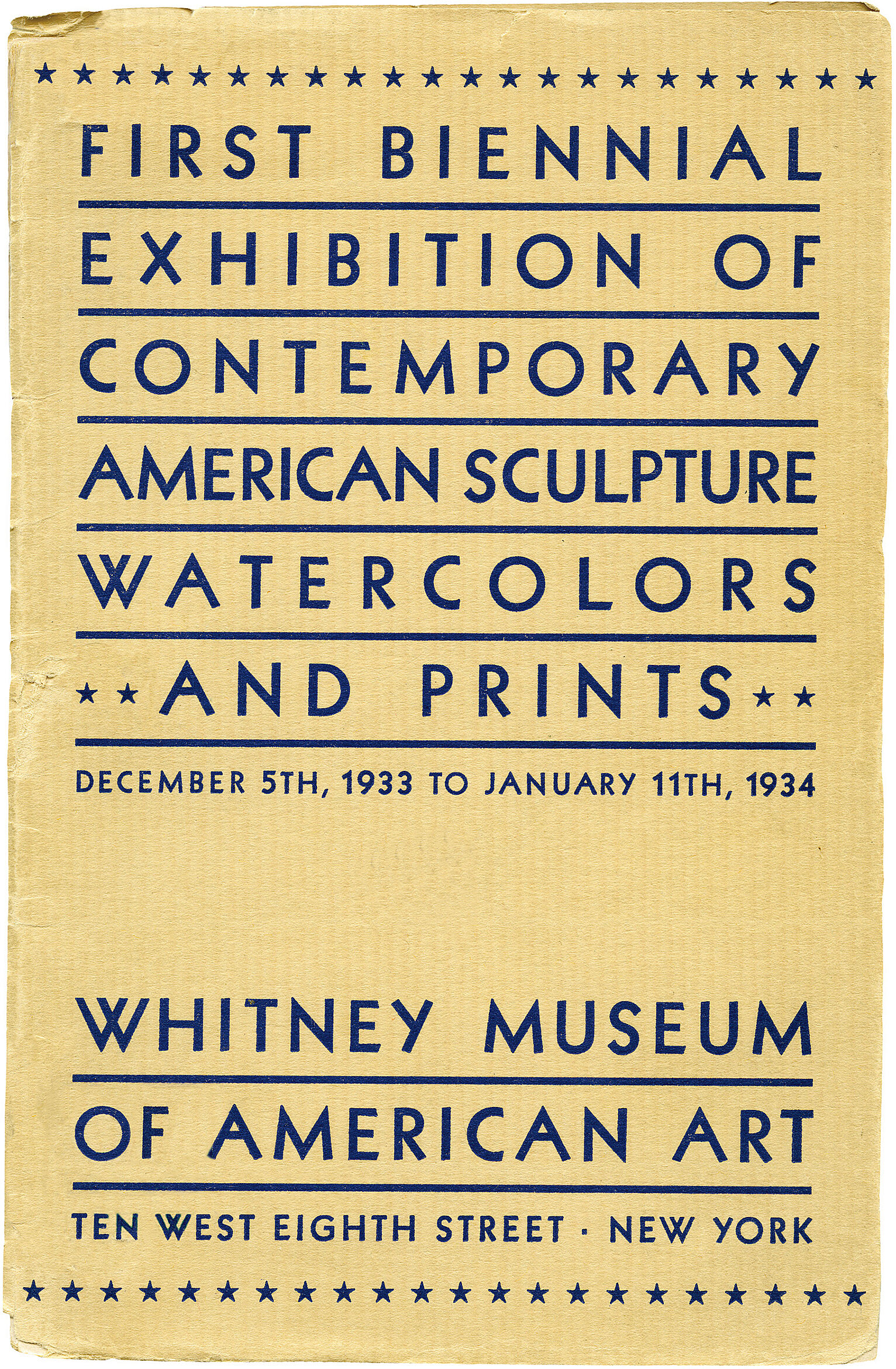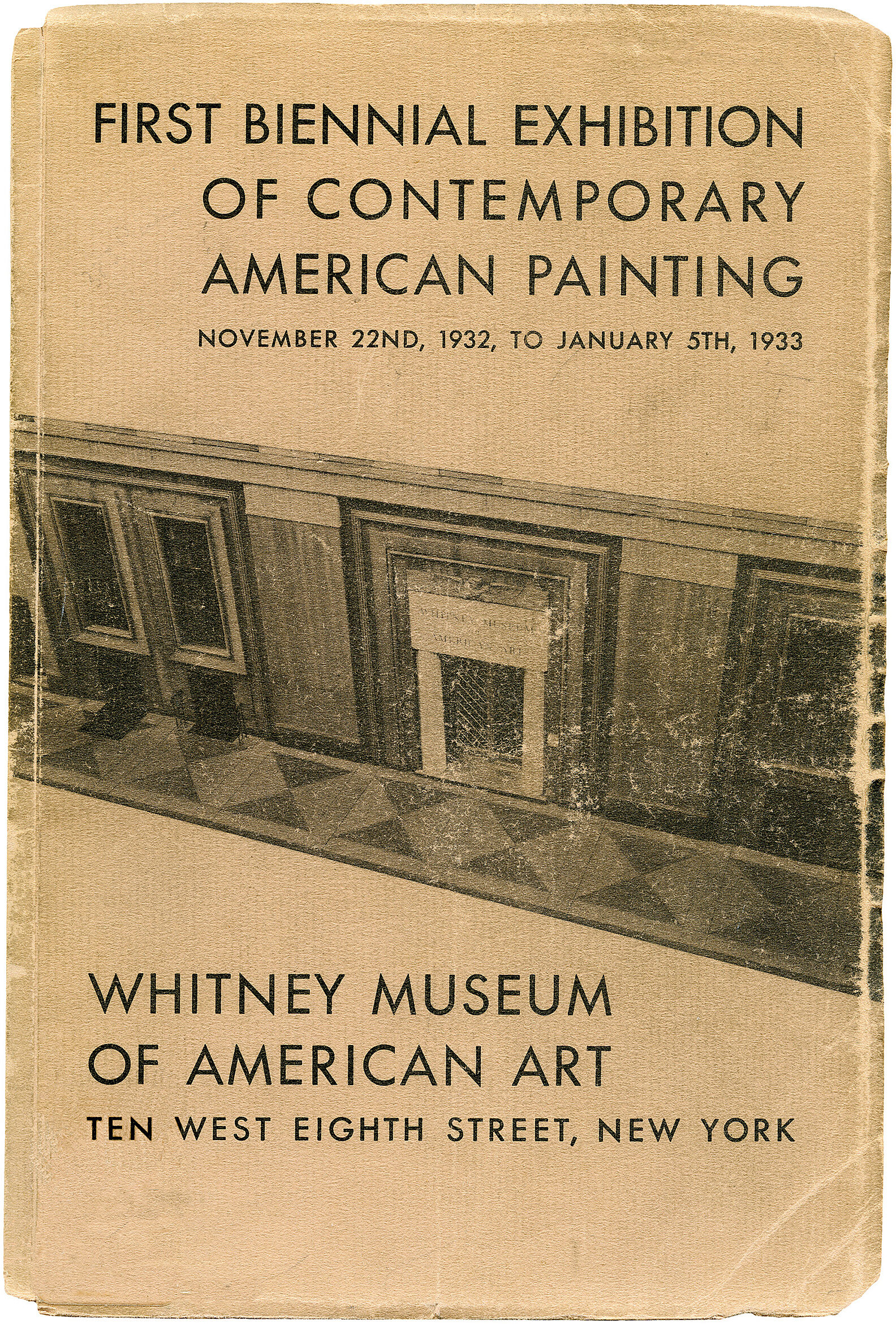Charles Sheeler
1883–1965
Charles Sheeler was a leading exponent of the innovative modernist style that arose after World War I in the United States and came to be known as Precisionism. Artists associated with the movement fused a planar geometry developed from European Cubism with an interest in uniquely American subjects, often celebrating industry and a Machine Age aesthetic. Sheeler worked across artistic mediums and developed a versatile, complex practice in which his vision was expressed with equal artistic command and intellectual rigor, masterfully devising compositions of modern, geometric form from America’s burgeoning urban and industrial landscapes.
In 1927, Sheeler was commissioned to photograph the Ford Motor Company’s massive new automobile manufacturing facility in Dearborn, Michigan, on the Rouge River. Sheeler was fascinated by the mechanized totality of the environment, and his photographic images of the facility’s machines and architecture became justly celebrated. This fascination persisted beyond the photographic assignment, and in subsequent years he embarked on a series of paintings and drawings based on the complex. In the painting River Rouge Plant, Sheeler focuses on the section of the facility that processed coal into fuel; in the foreground are a boat slip and the bows of two ships that carried the coal. Sheeler captures the scene—its whitewashed buildings depopulated and waters motionless—with a lucidity and sereneness that confounds our expectations of heavy industry. “It may be true,” he remarked, “that our factories are our substitute for religious expression.”
Introduction
Charles Sheeler (July 16, 1883 – May 7, 1965) was an American artist known for his Precisionist paintings, commercial photography, and the 1921 avant-garde film, Manhatta, which he made in collaboration with Paul Strand. Sheeler is recognized as one of the early adopters of modernism in American art.
Wikidata identifier
Q624868
Information from Wikipedia, made available under the Creative Commons Attribution-ShareAlike License . Accessed January 30, 2026.
Introduction
Sheeler is best known as a painter of precise renderings of industrial forms, in an abstract-realist style, emphasizing abstract qualities and geometric shapes, using clear colors and smooth surfaces. He was a native of Philadelphia and studied at the School of Industrial Art and then at the Pennsylvania Academy of Fine Arts. He began a career in photography ca. 1912, working for architects, the Ford Motor Company, and other clients. He continued to create highly acclaimed paintings. His later works tended toward less literal renderings. American artist.
Country of birth
United States
Roles
Artist, cinematographer, painter, photographer, sculptor
ULAN identifier
500115325
Names
Charles Sheeler, Charles R. Sheeler, Sheeler, Jr. Charles R. Sheeler, Charles Rettew Sheeler
Information from the Getty Research Institute's Union List of Artist Names ® (ULAN), made available under the ODC Attribution License. Accessed January 30, 2026.

